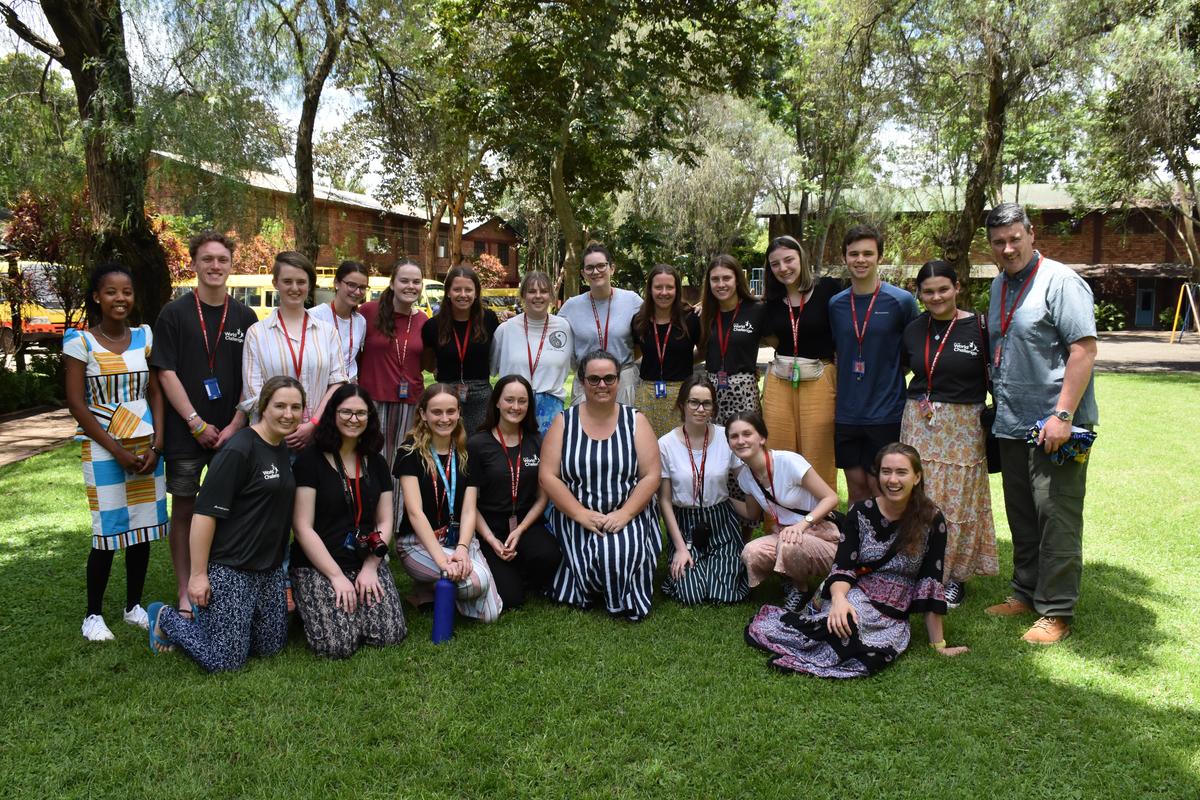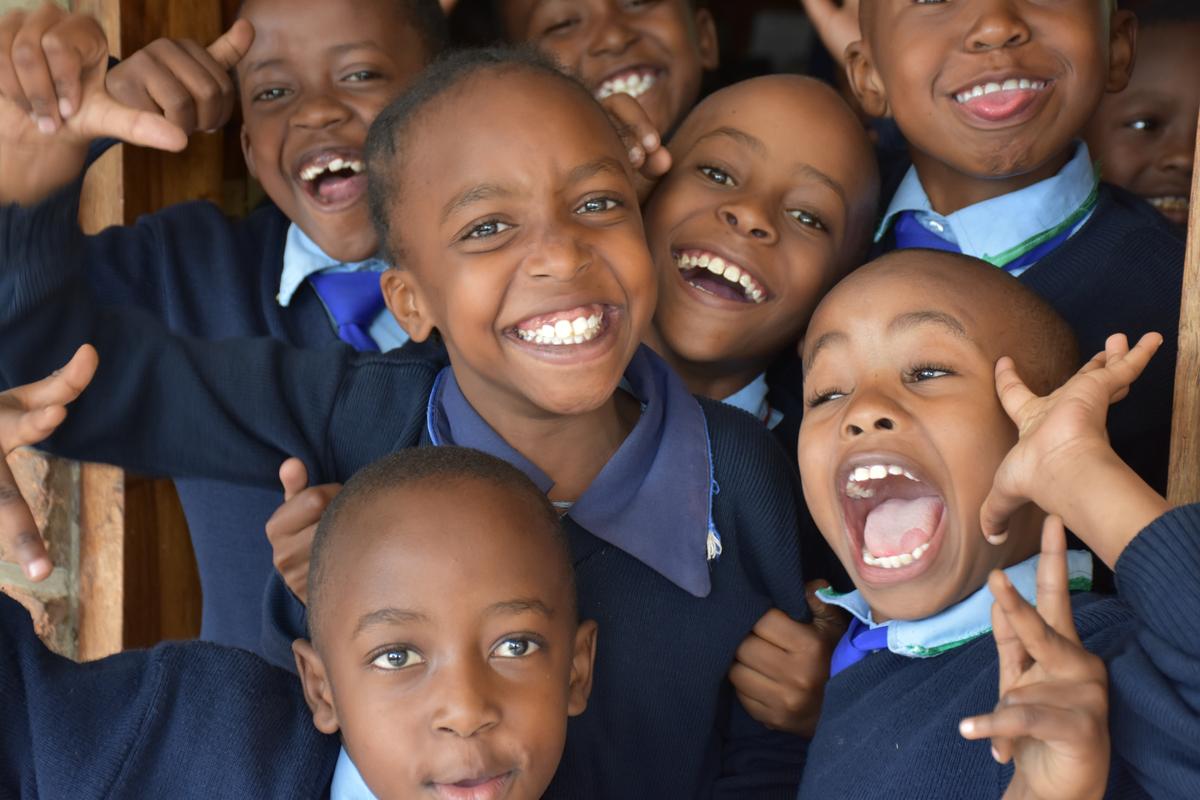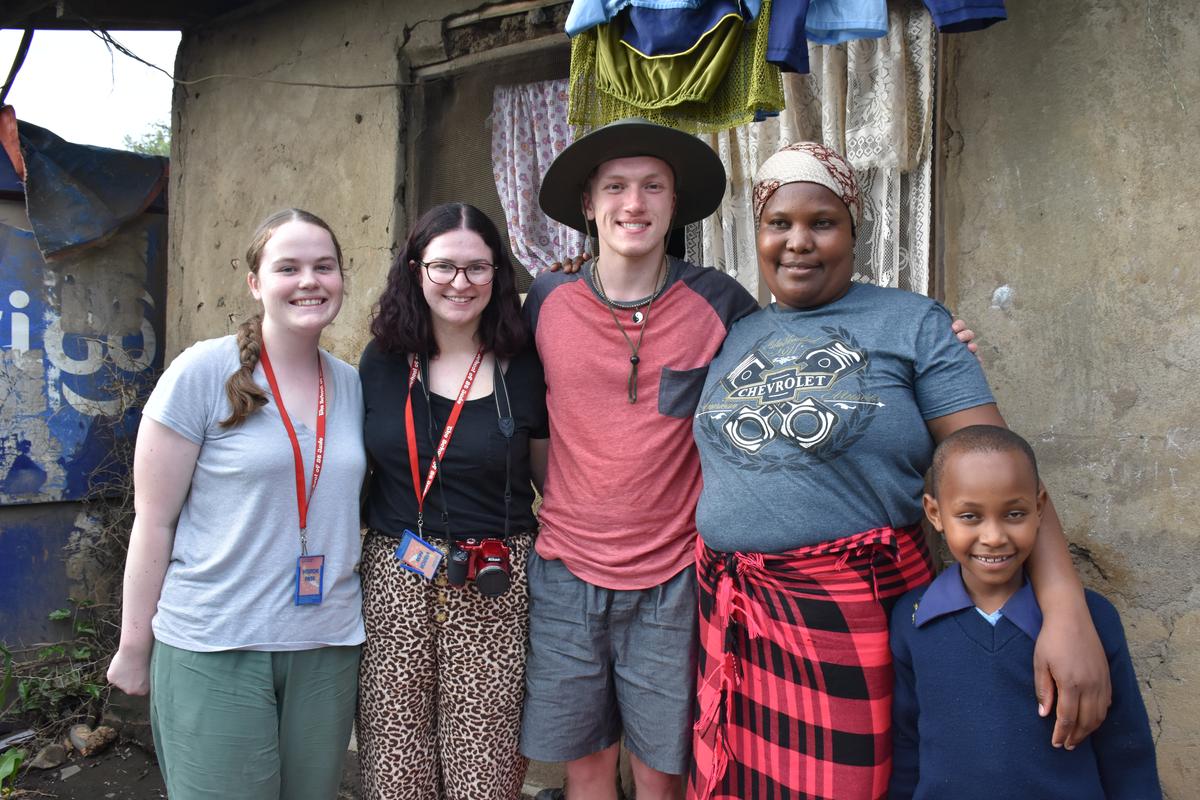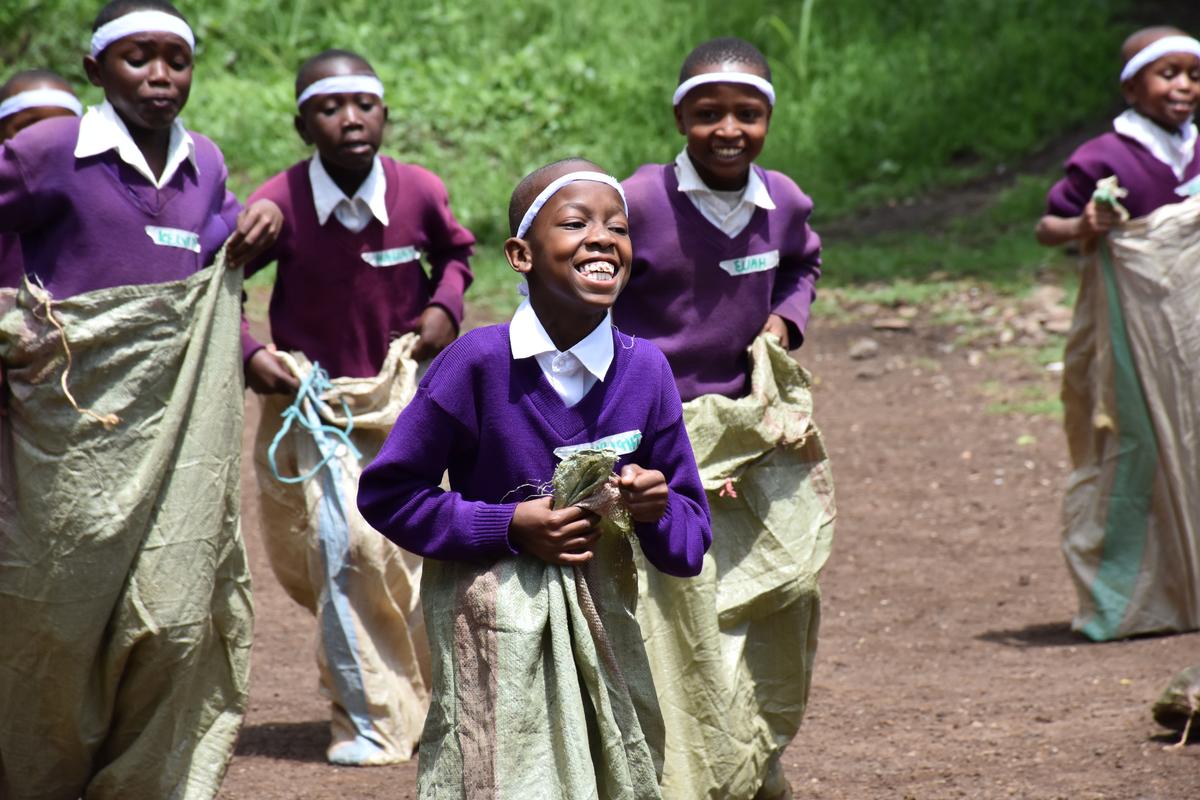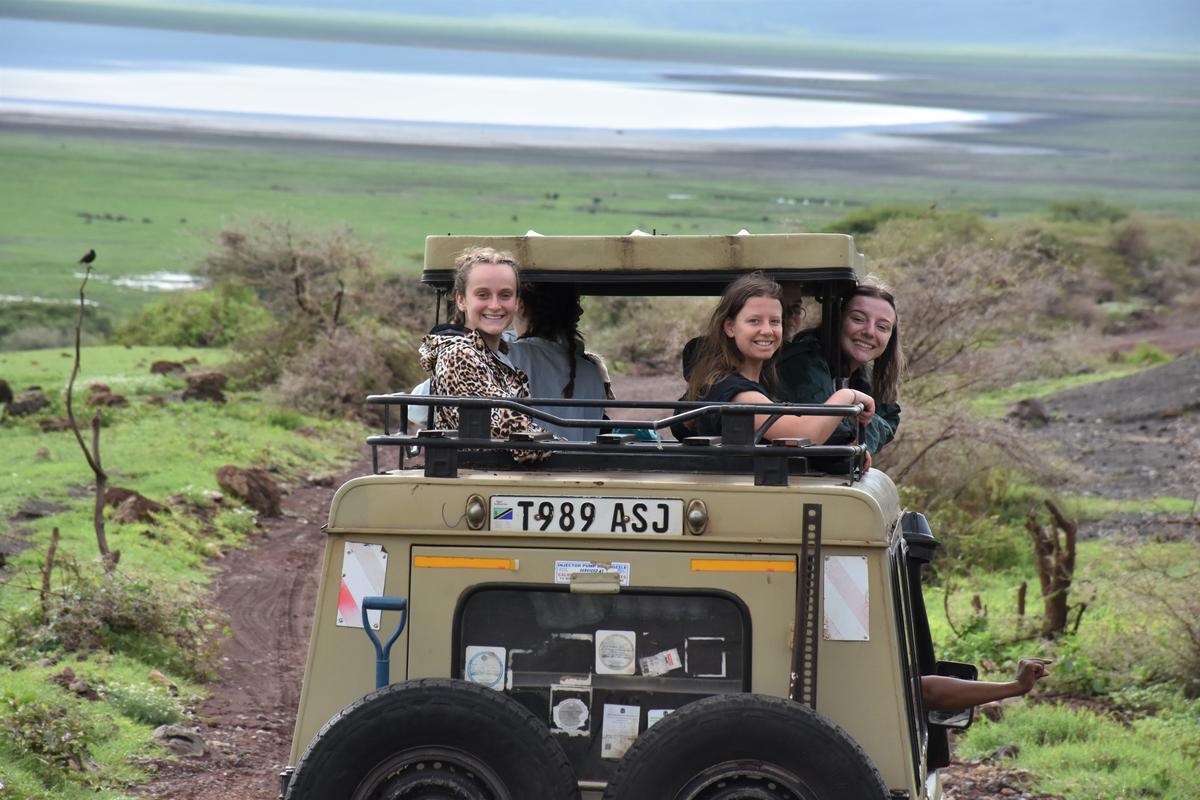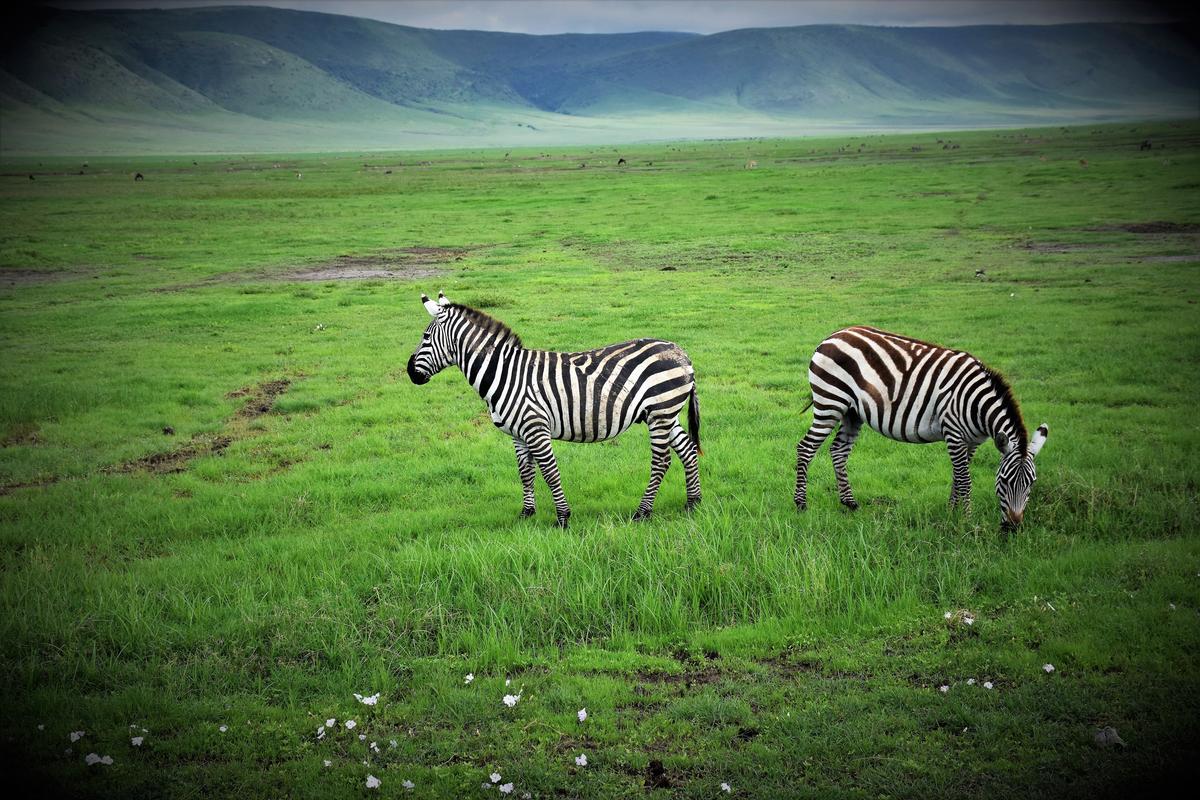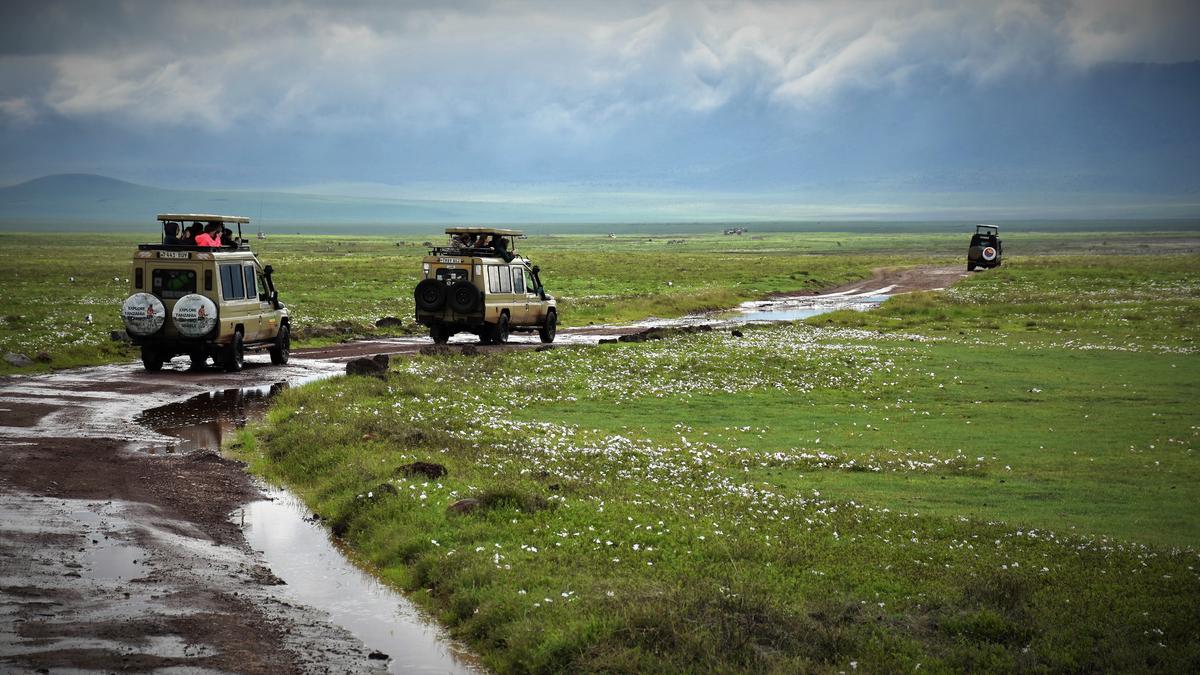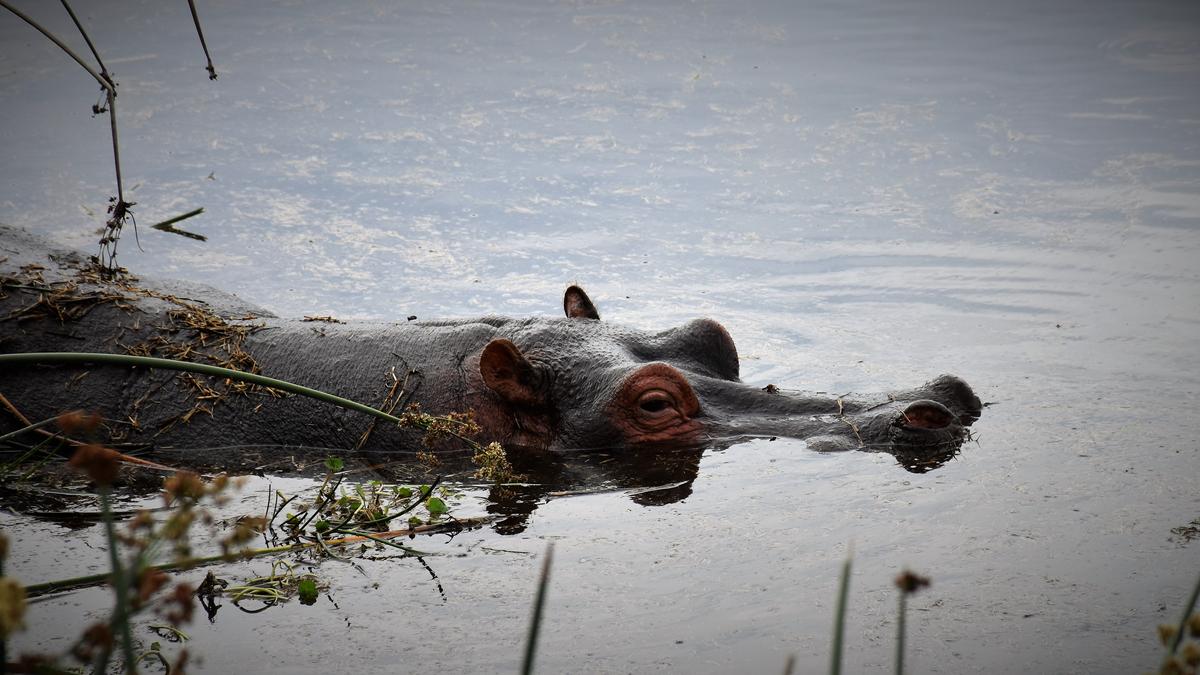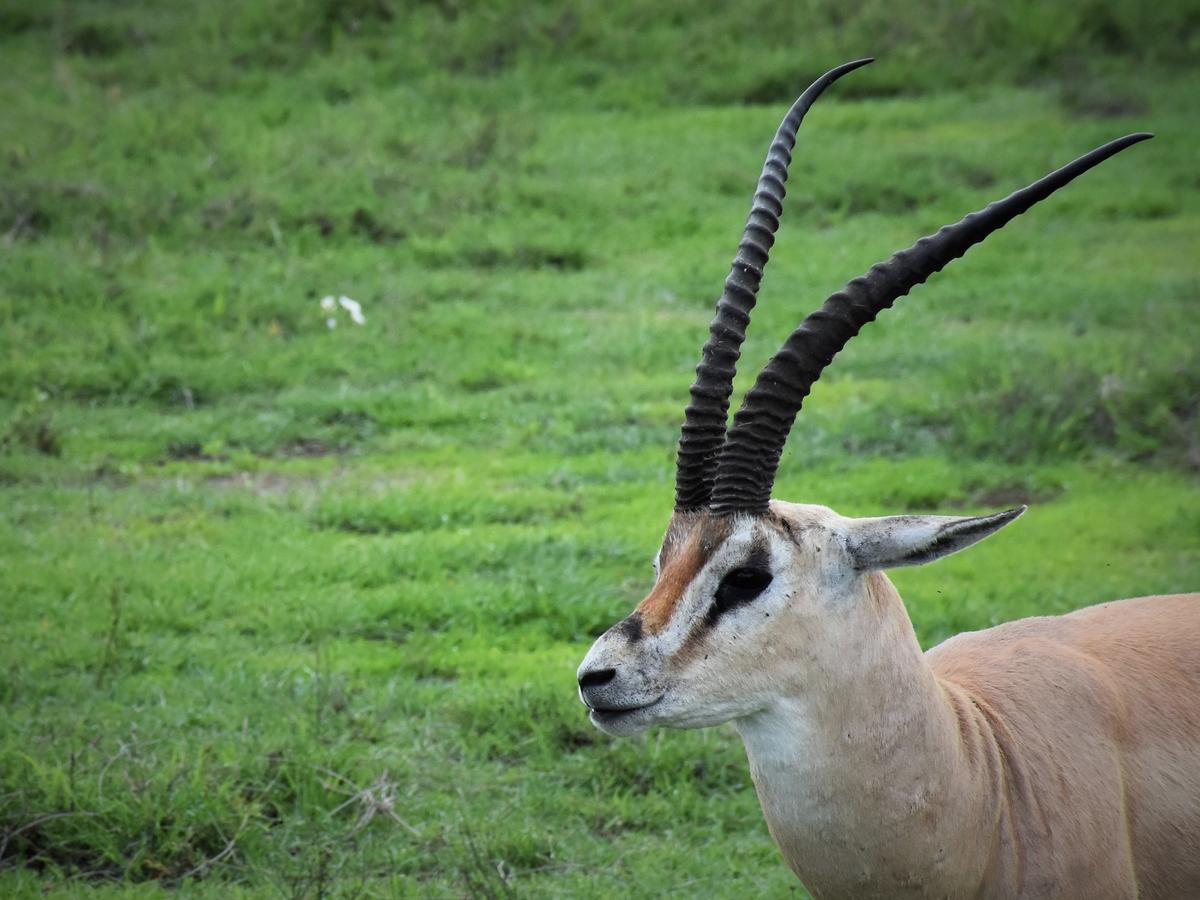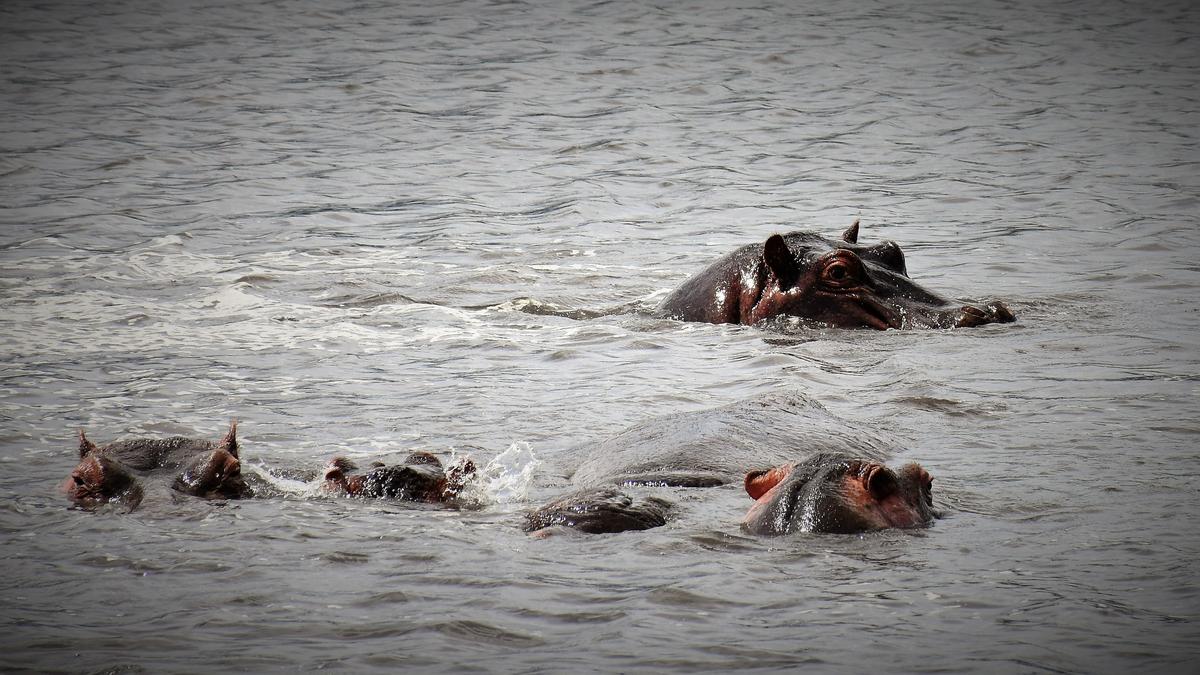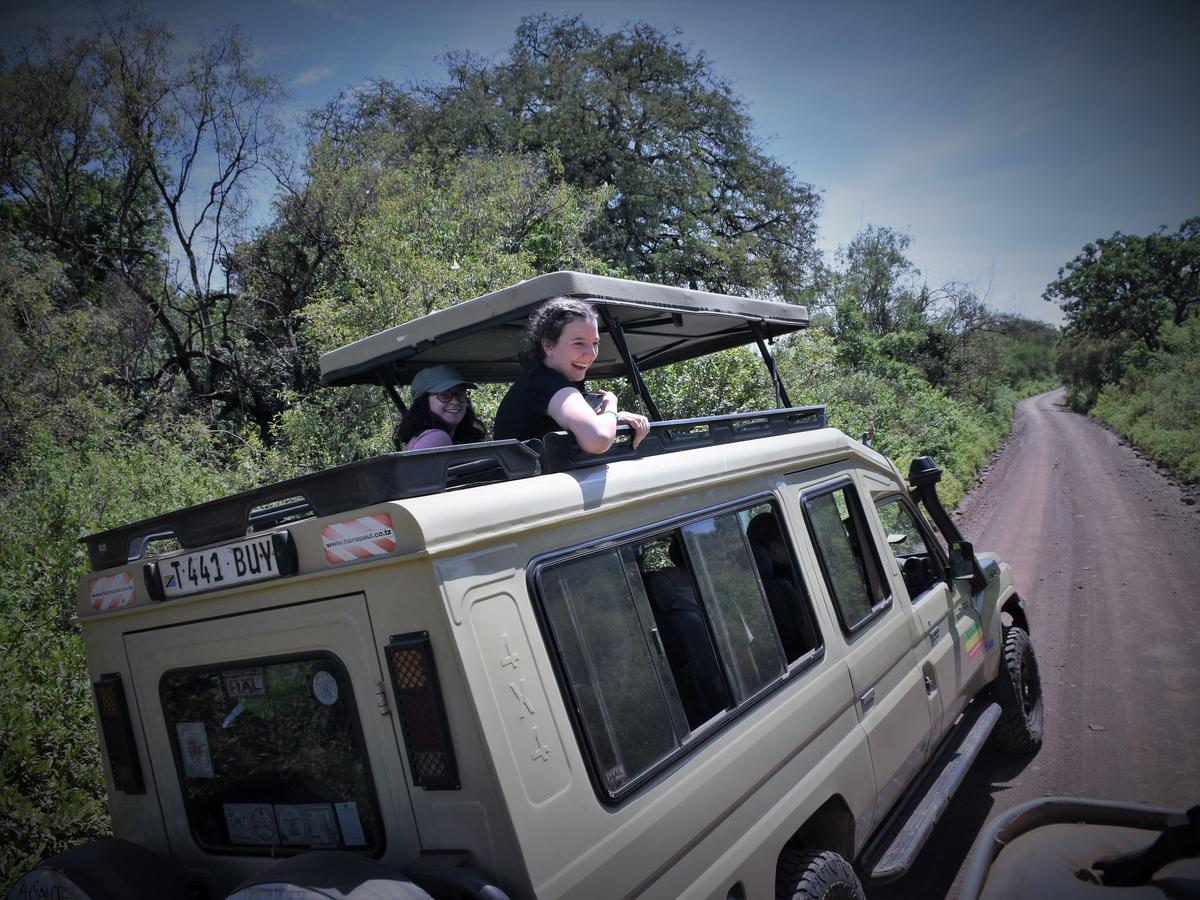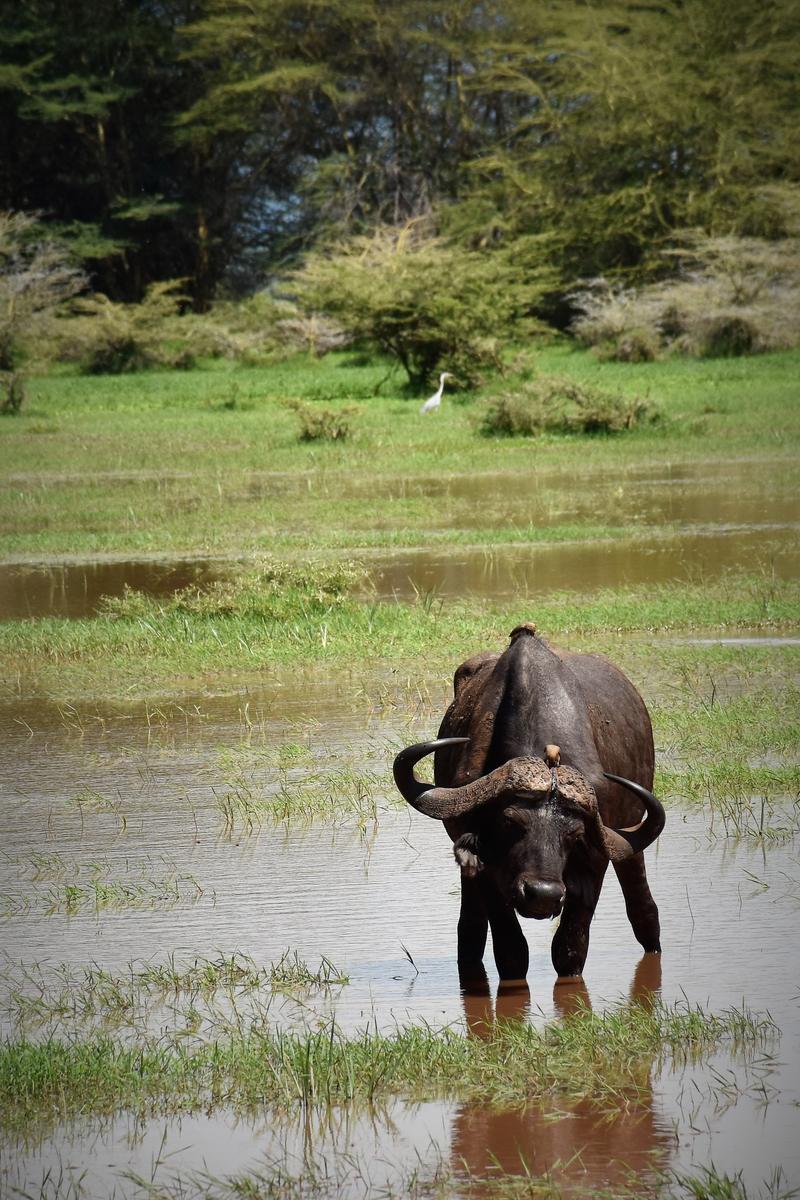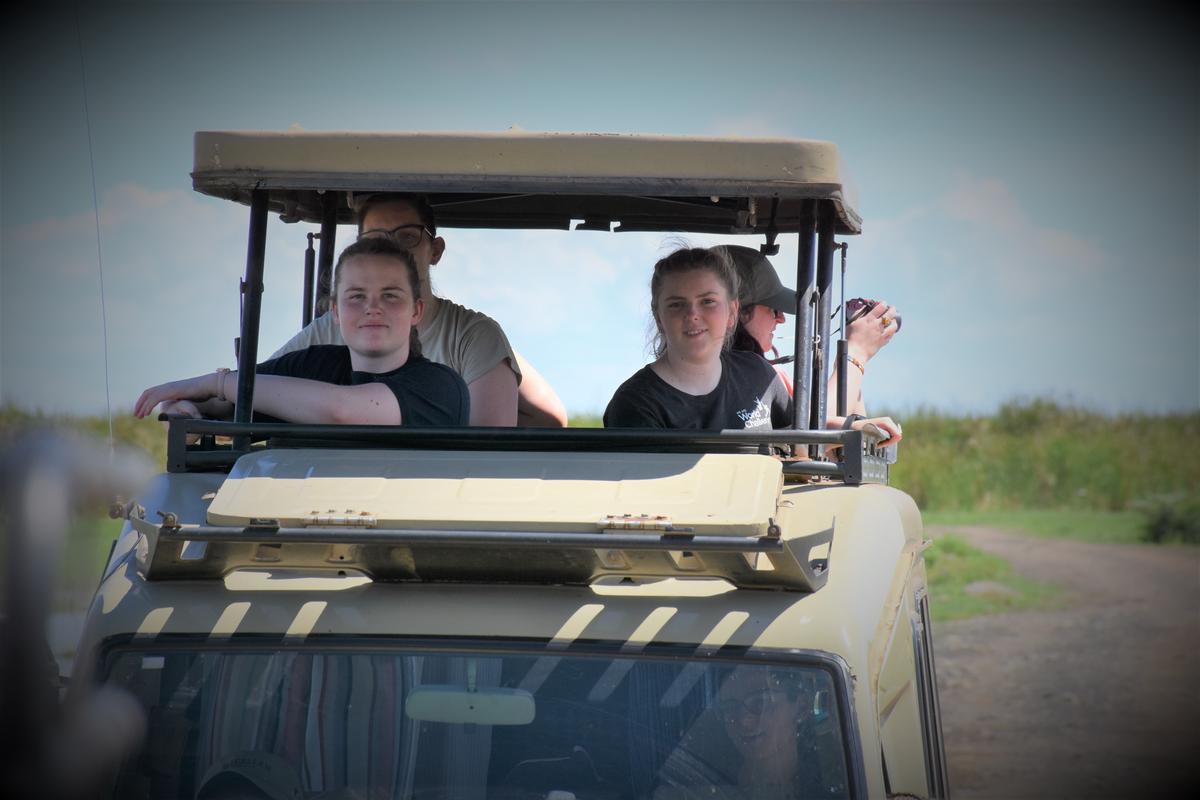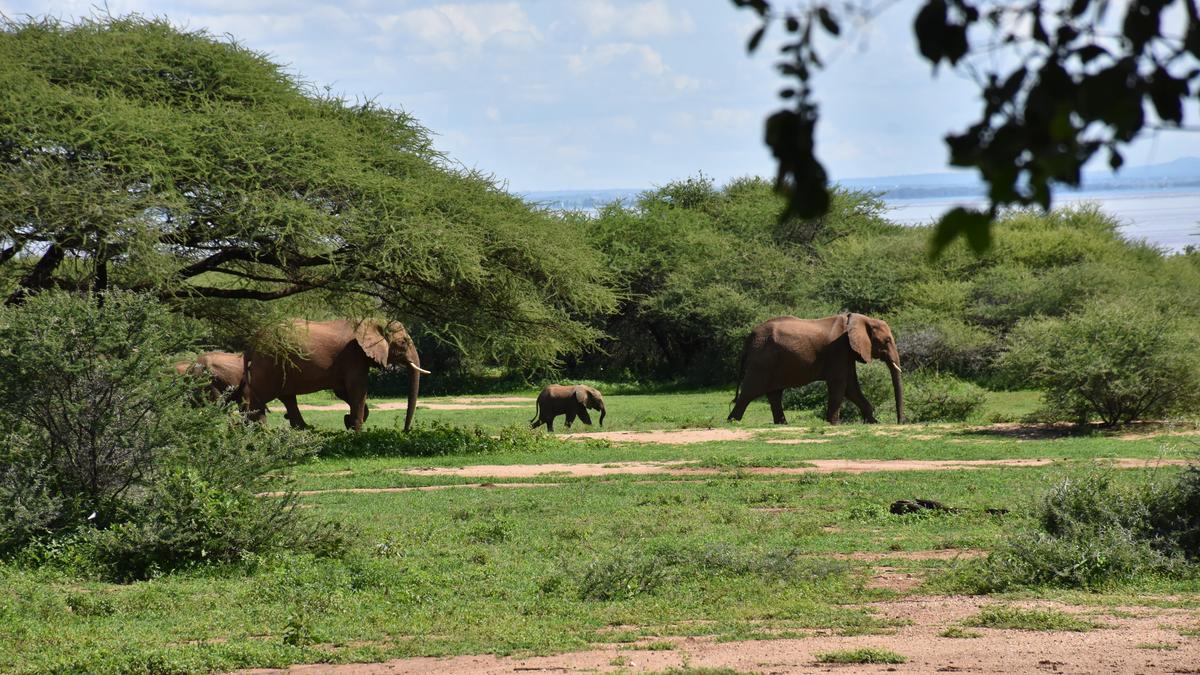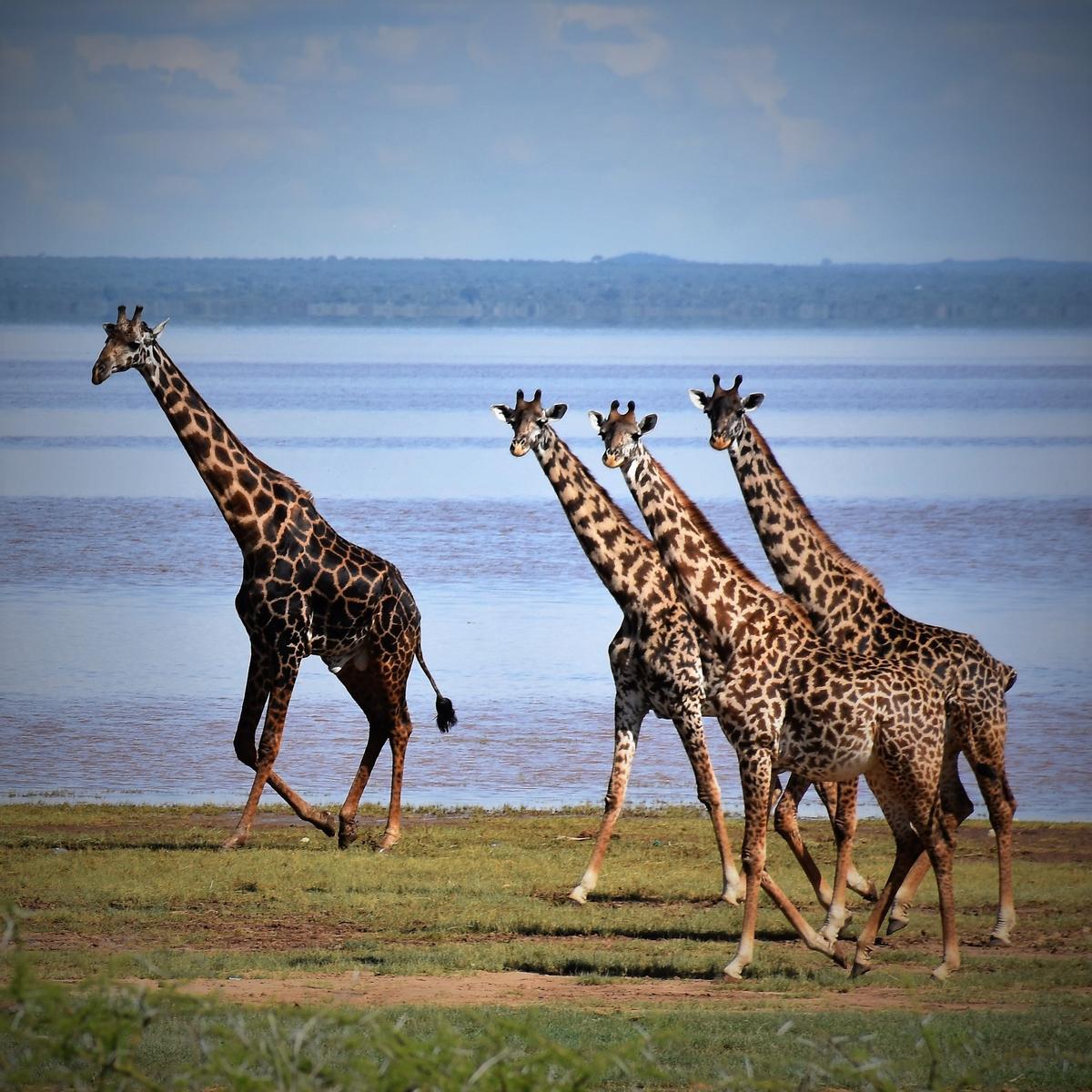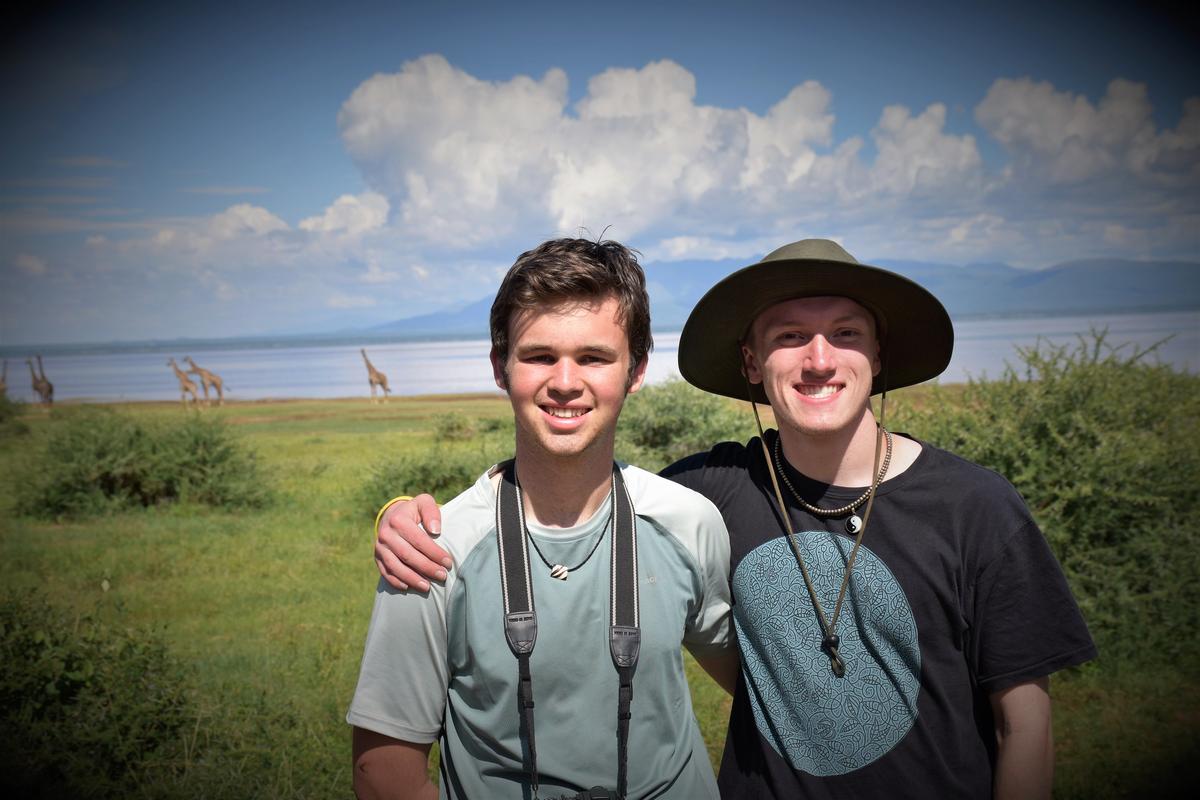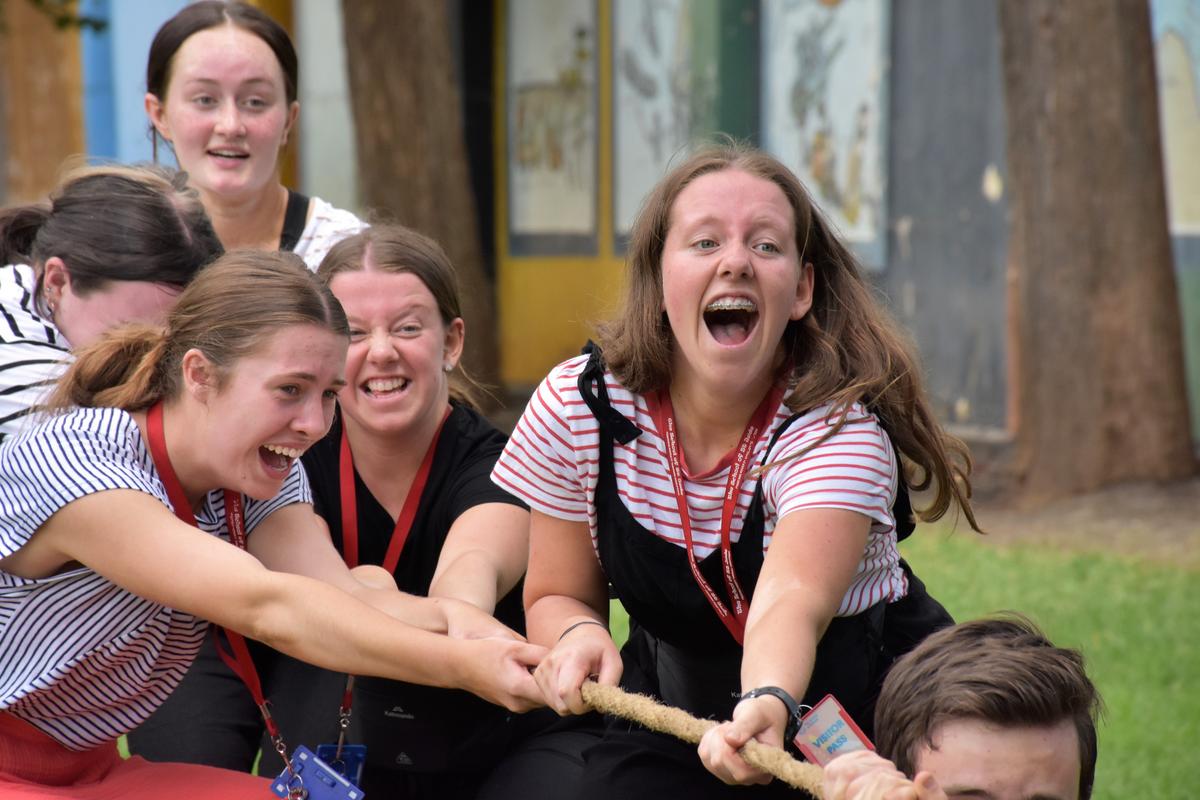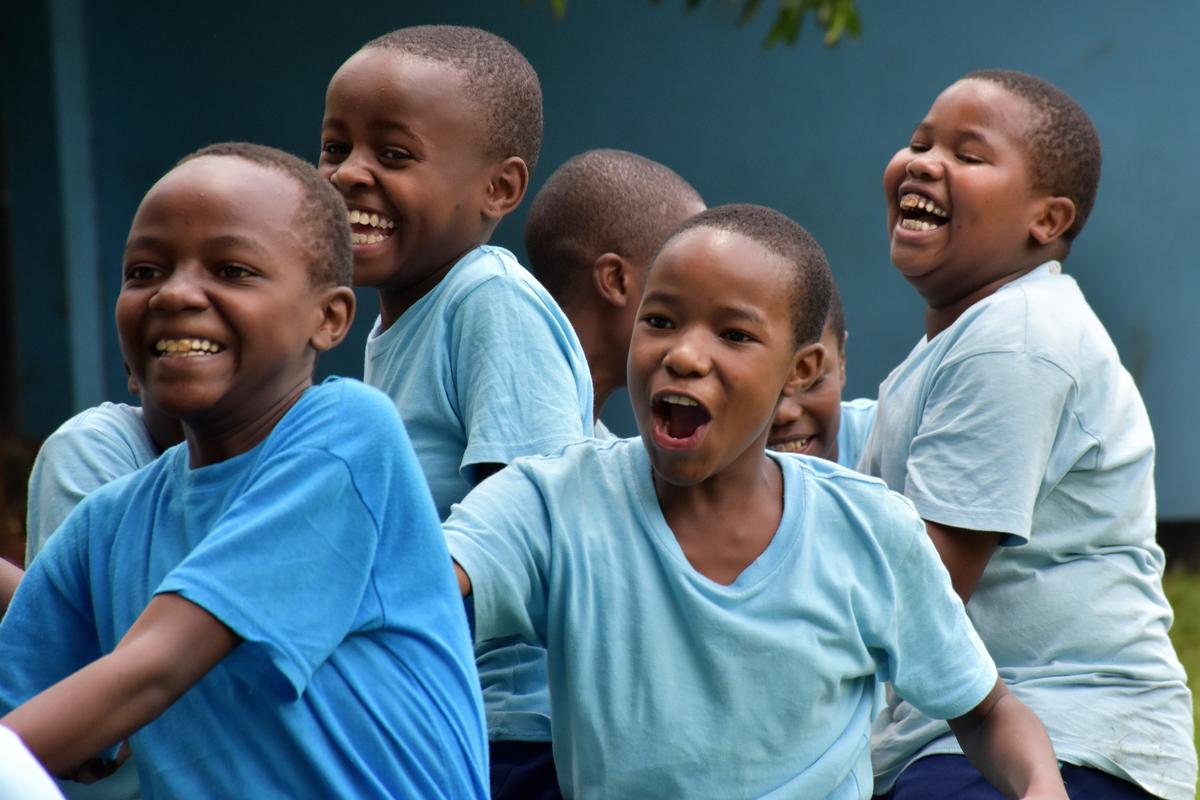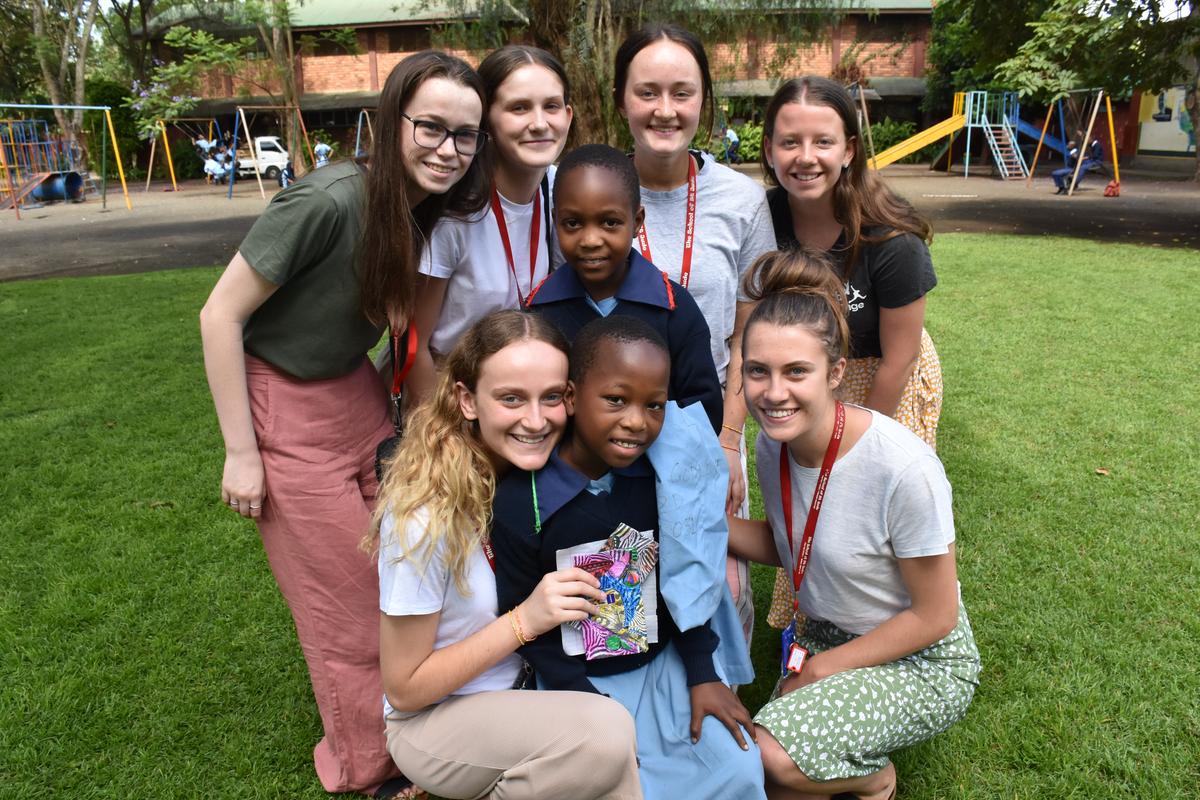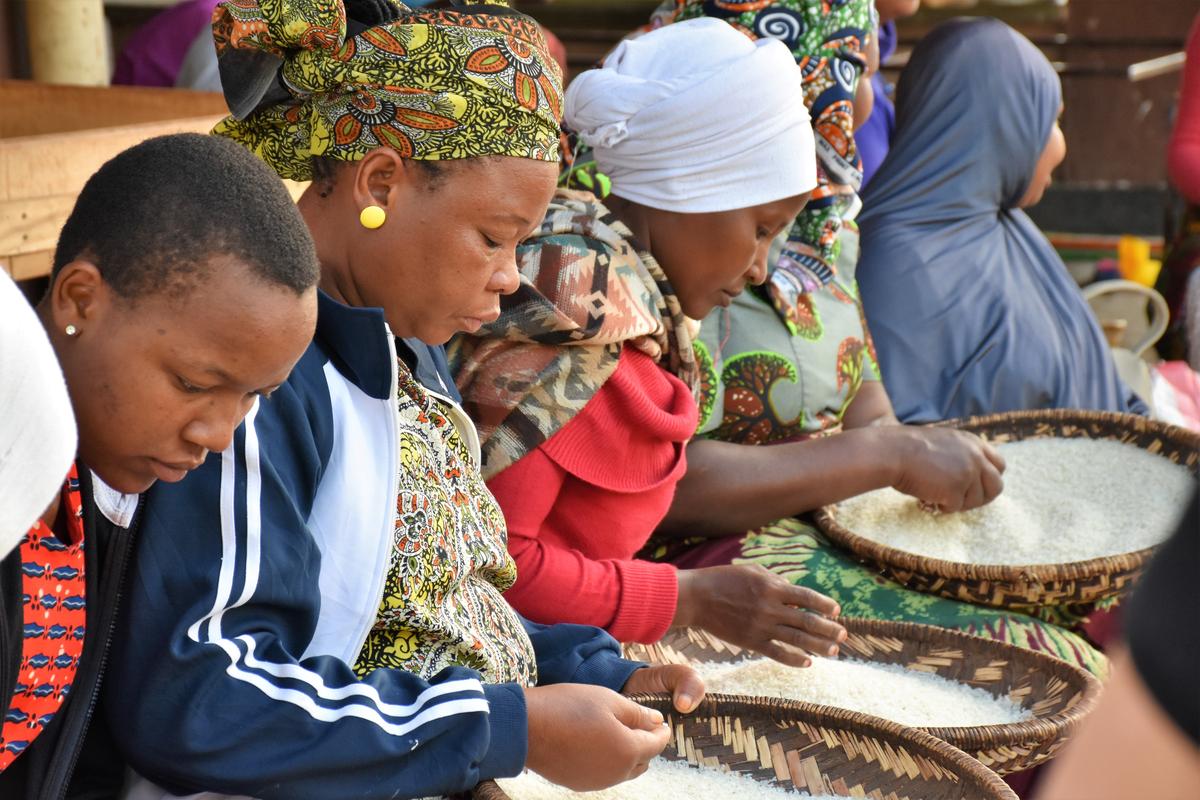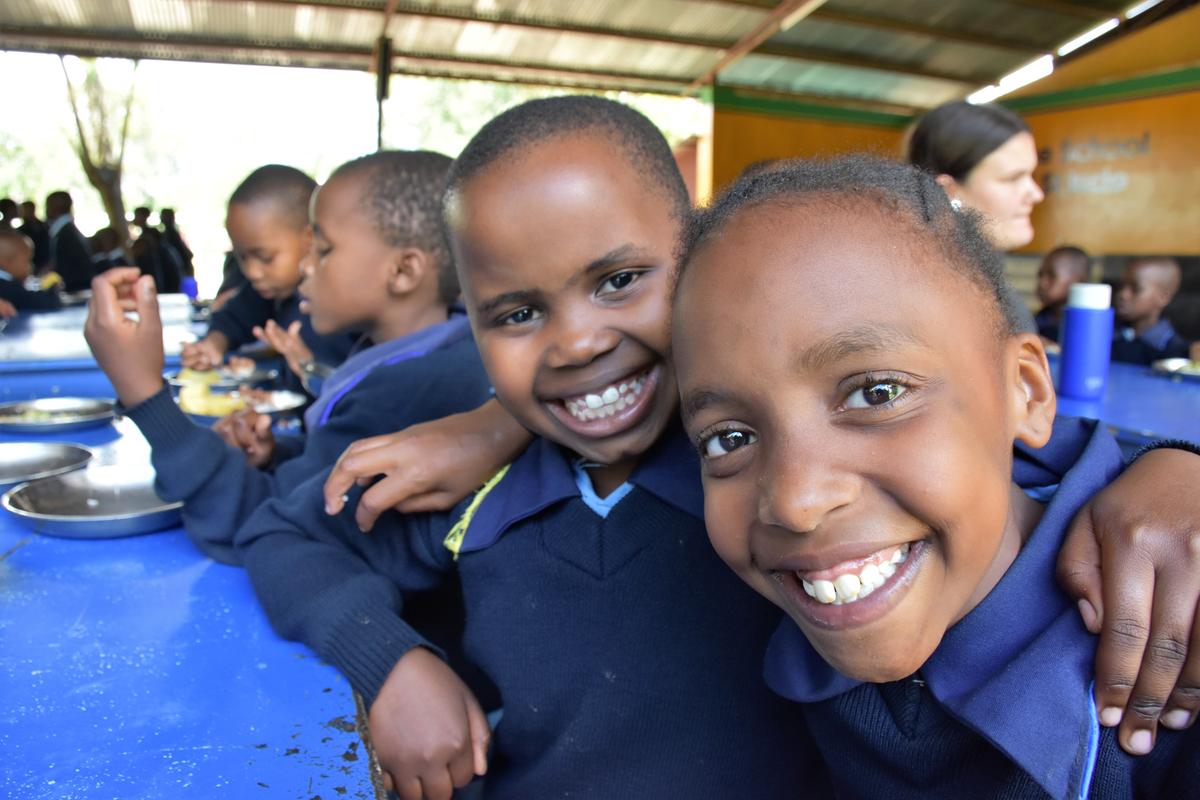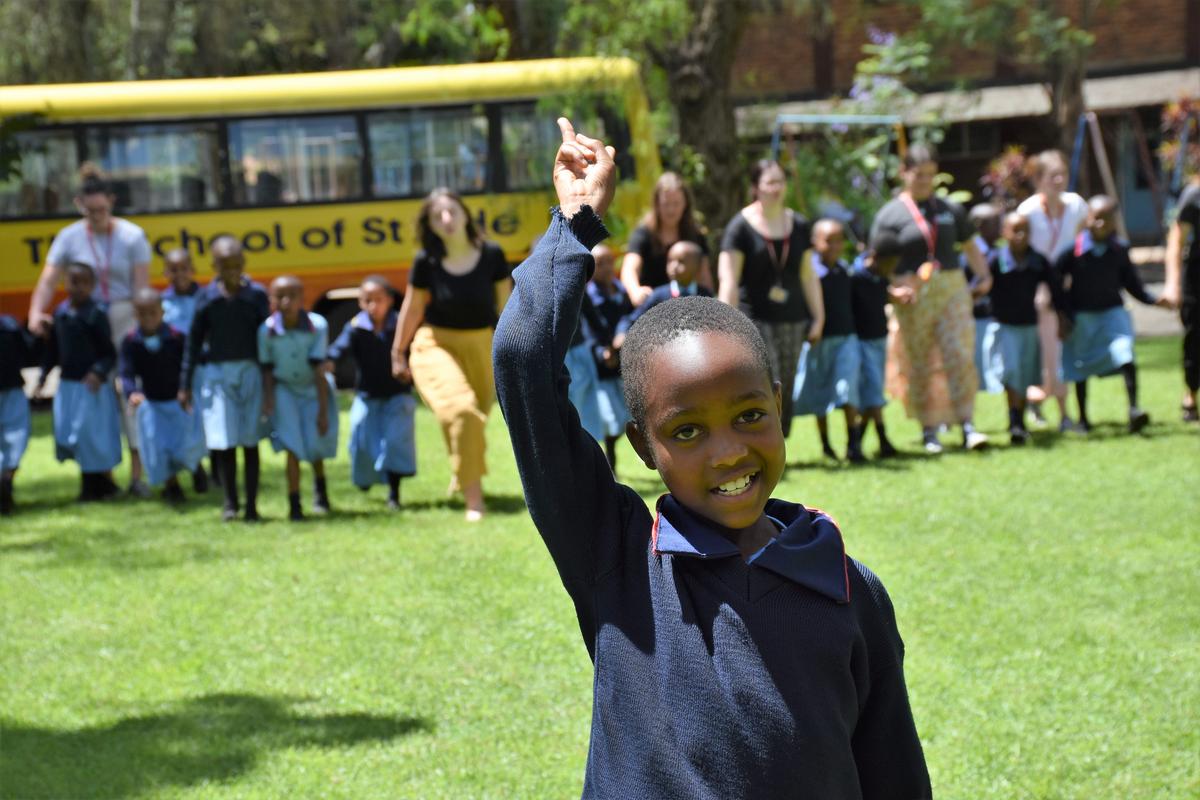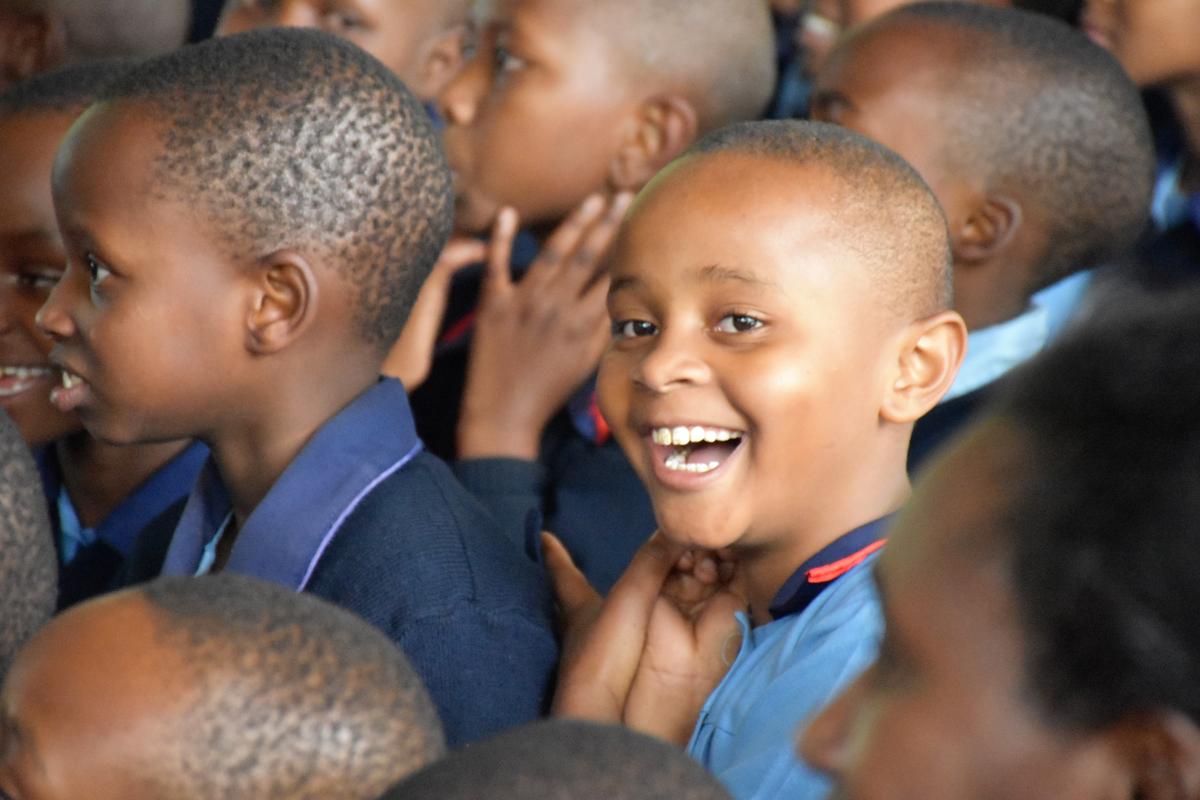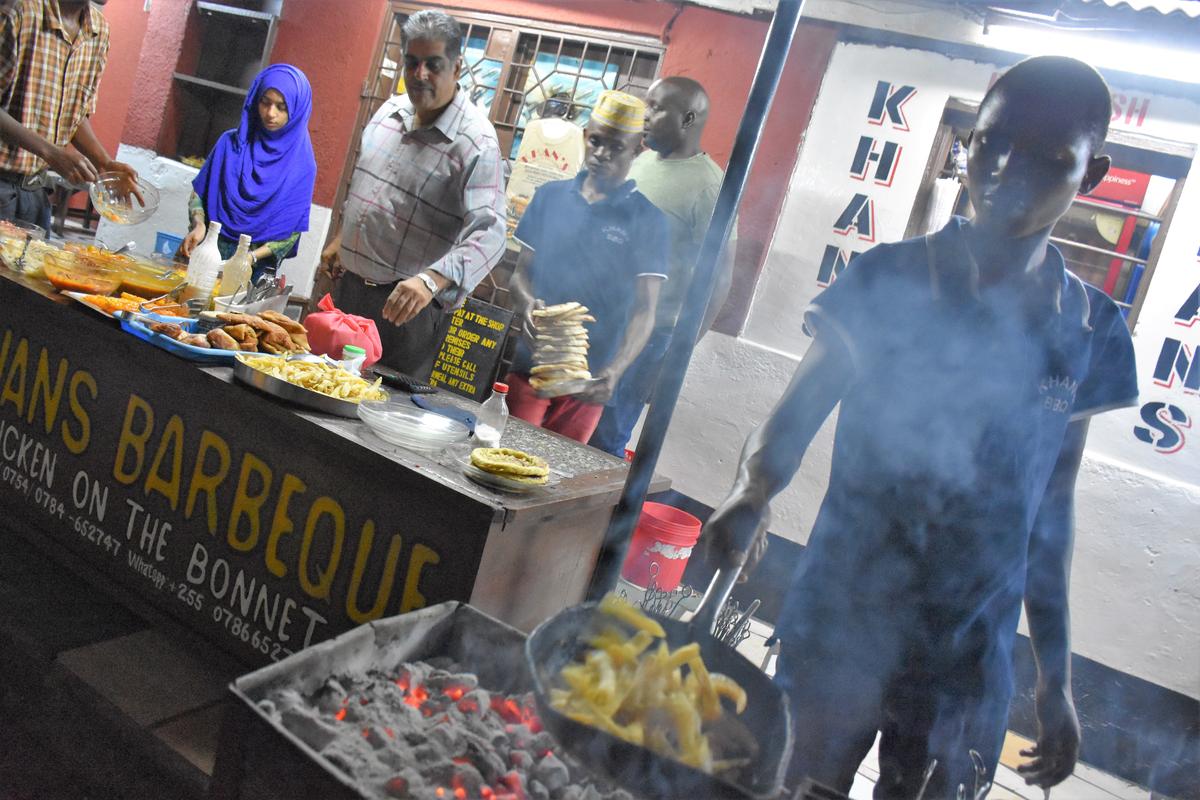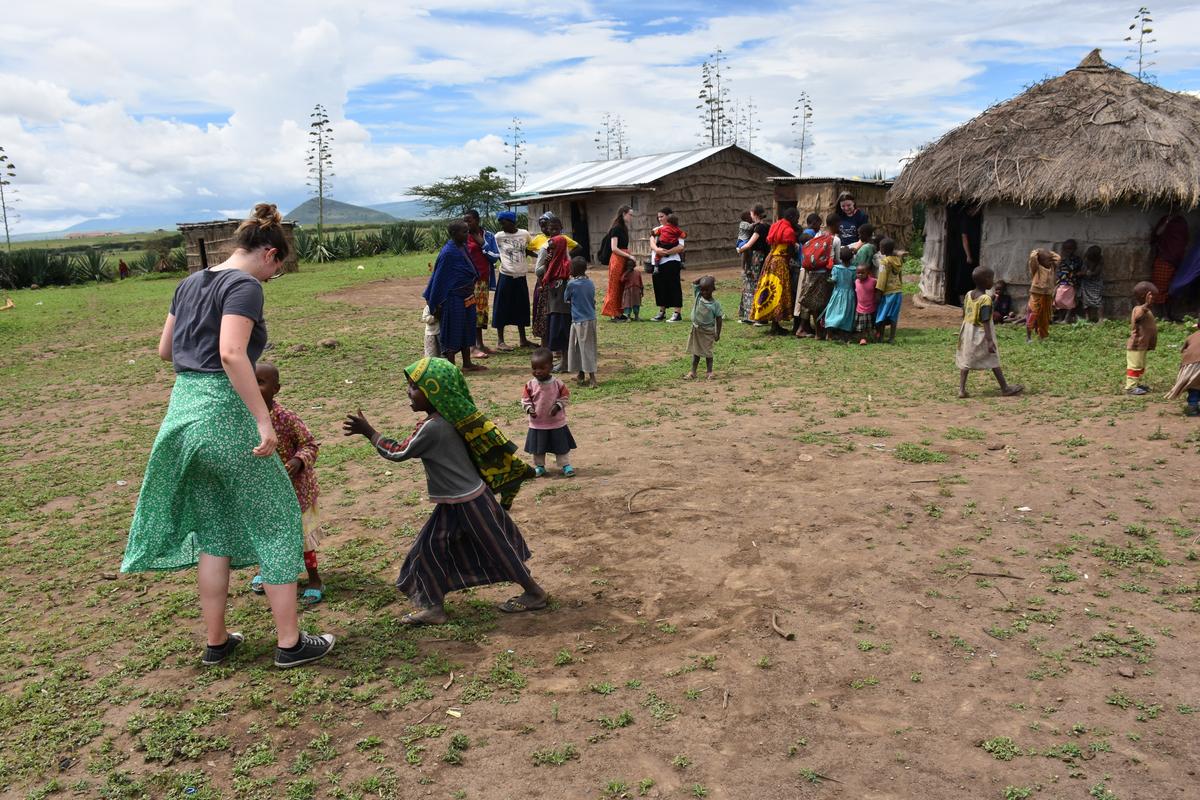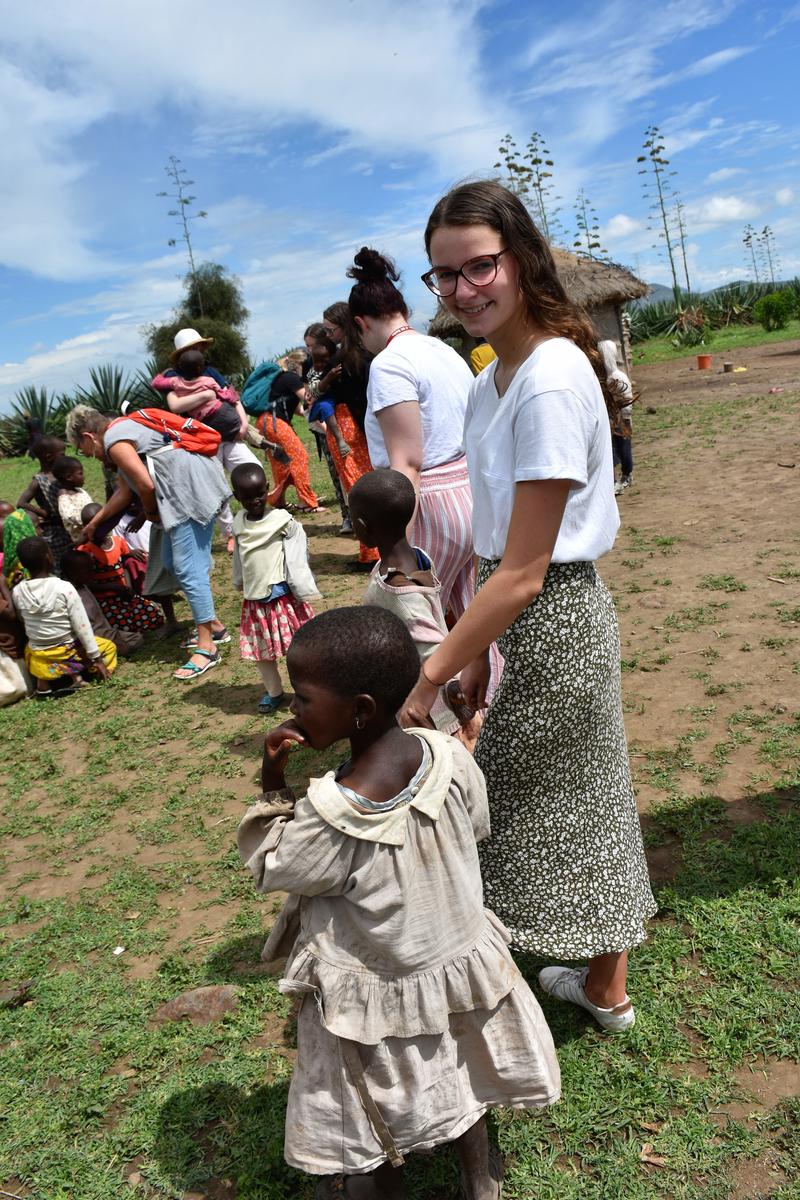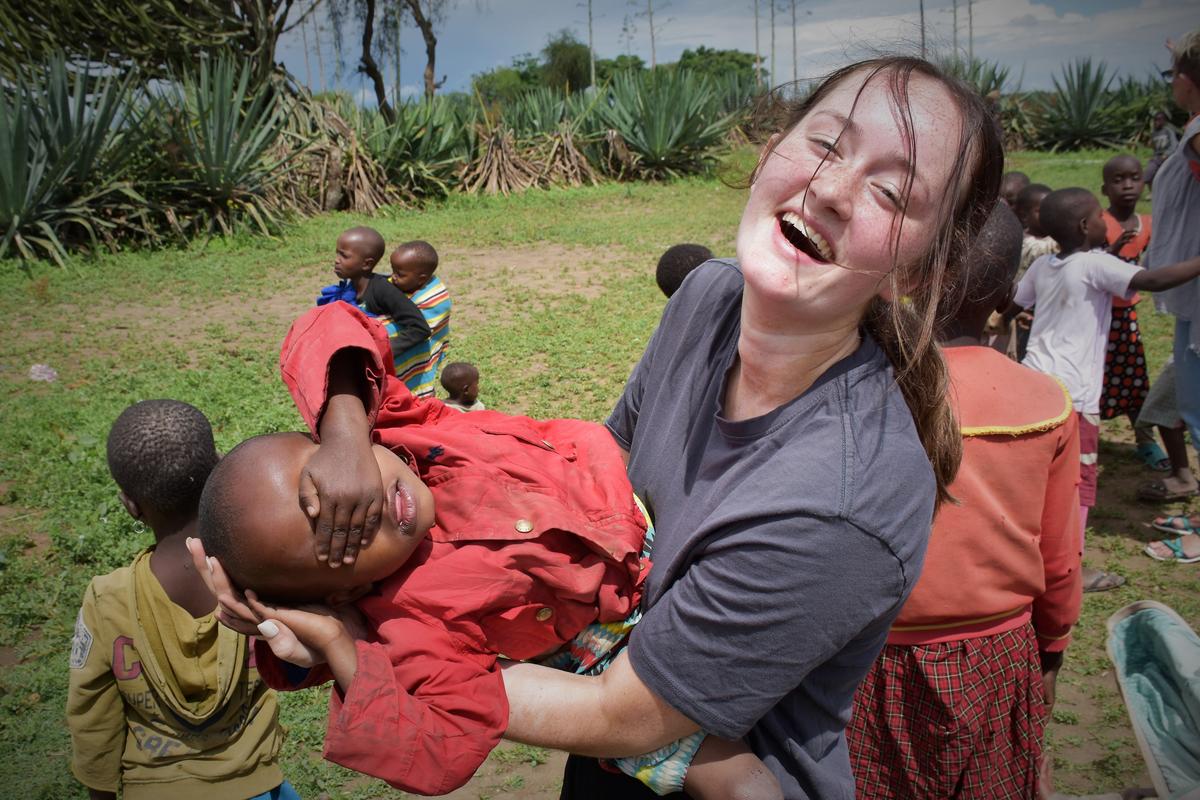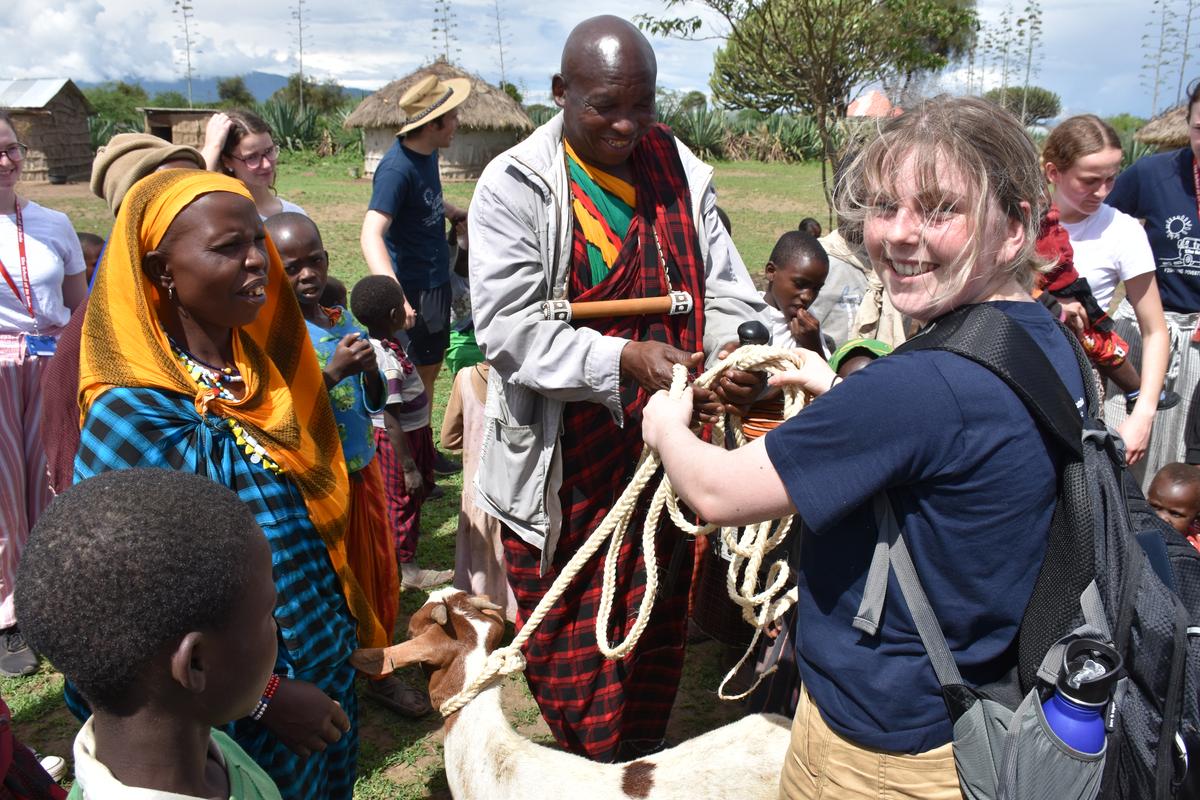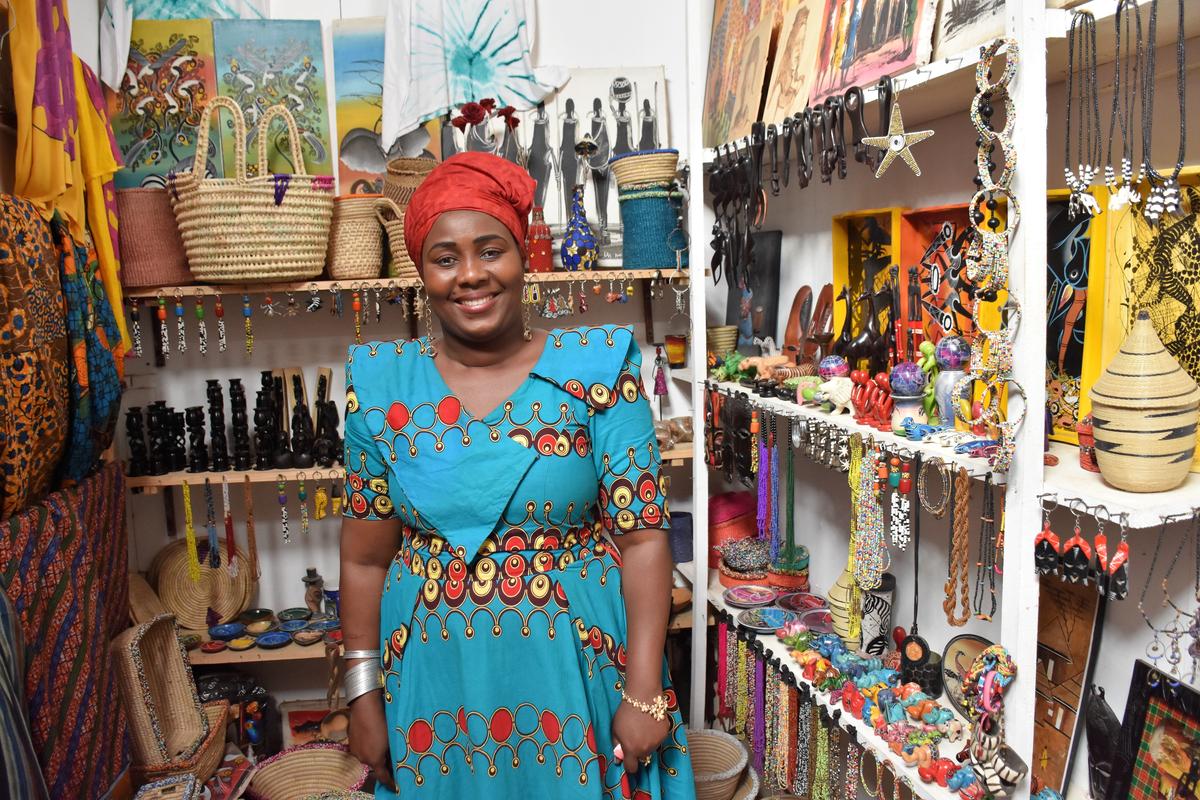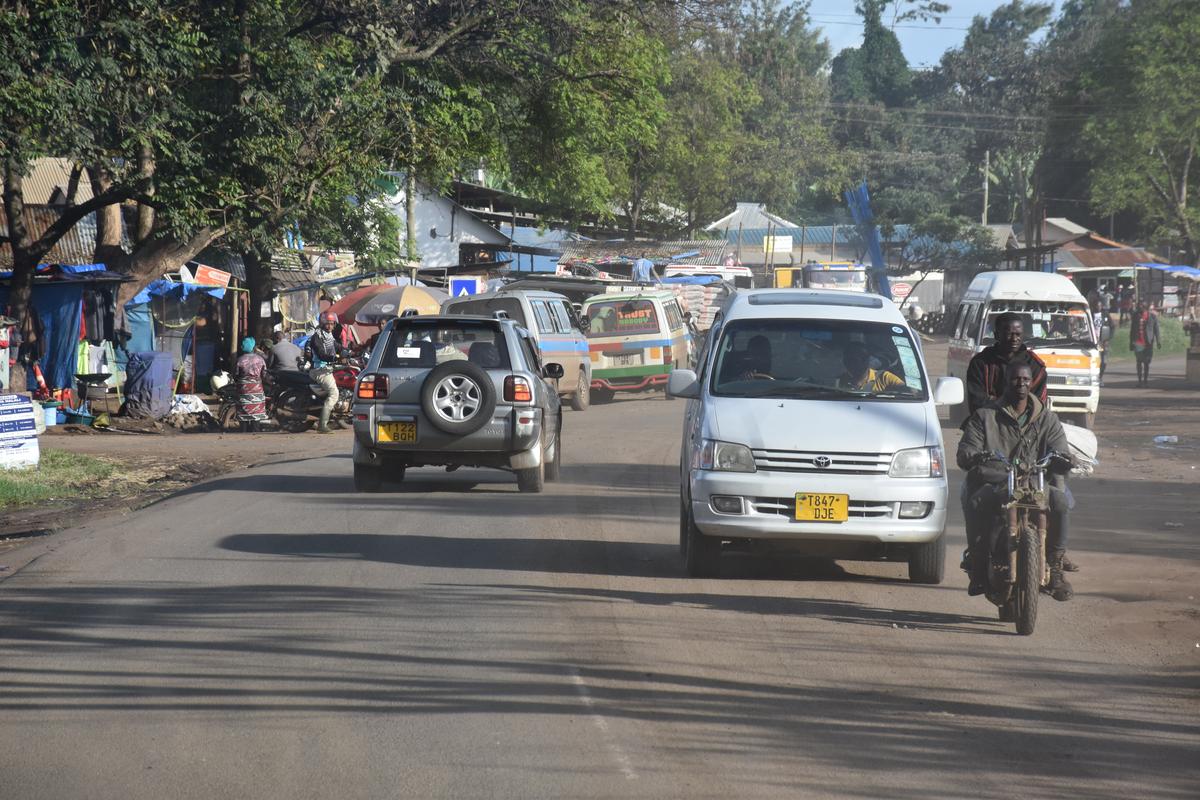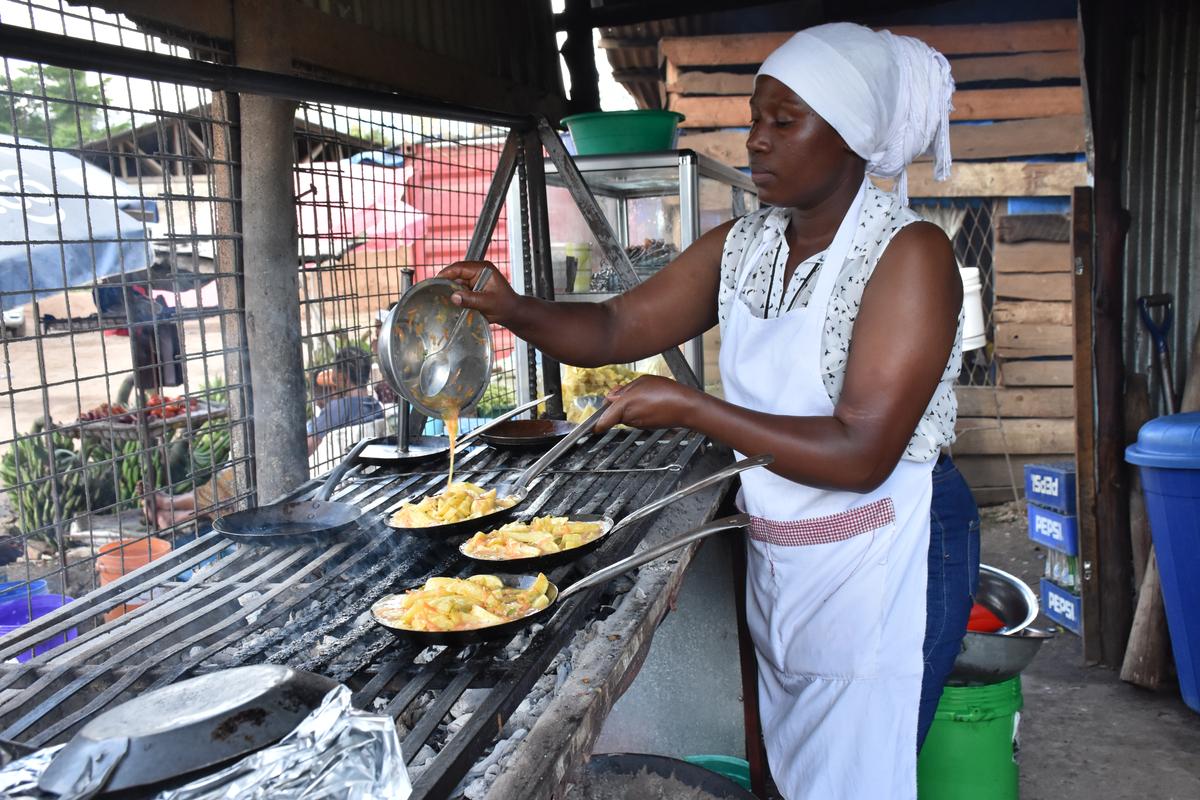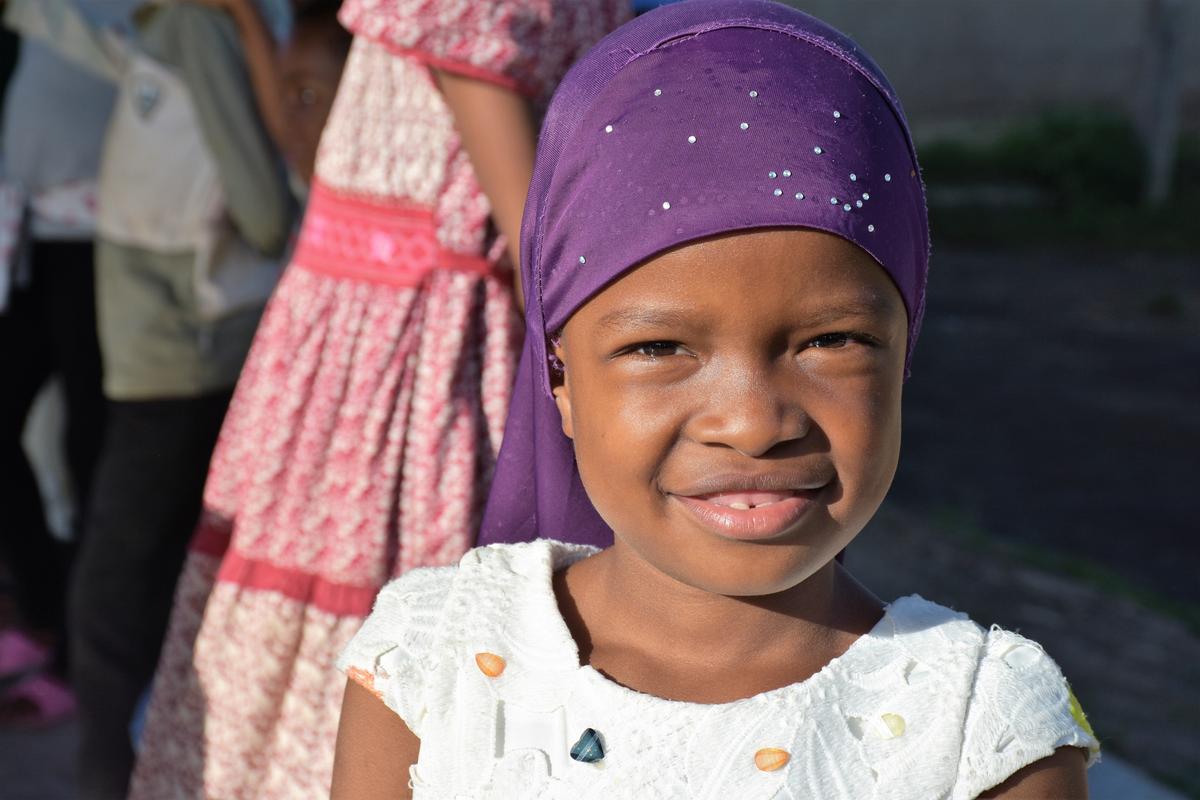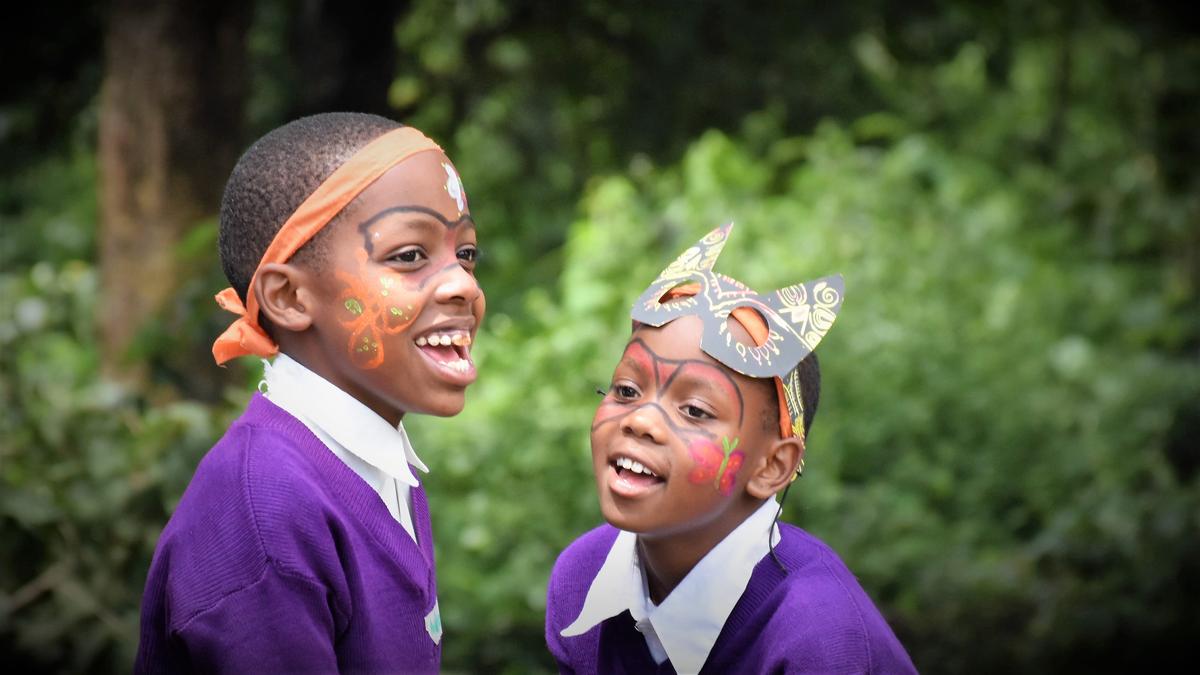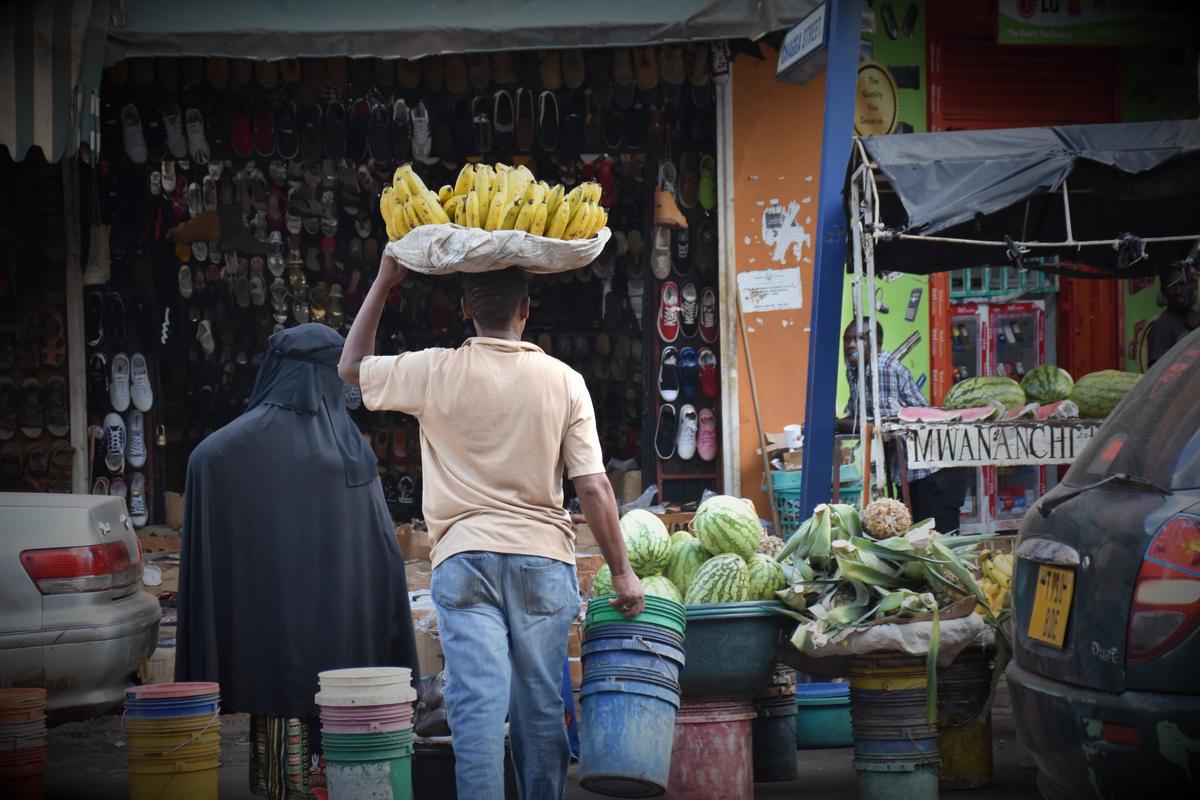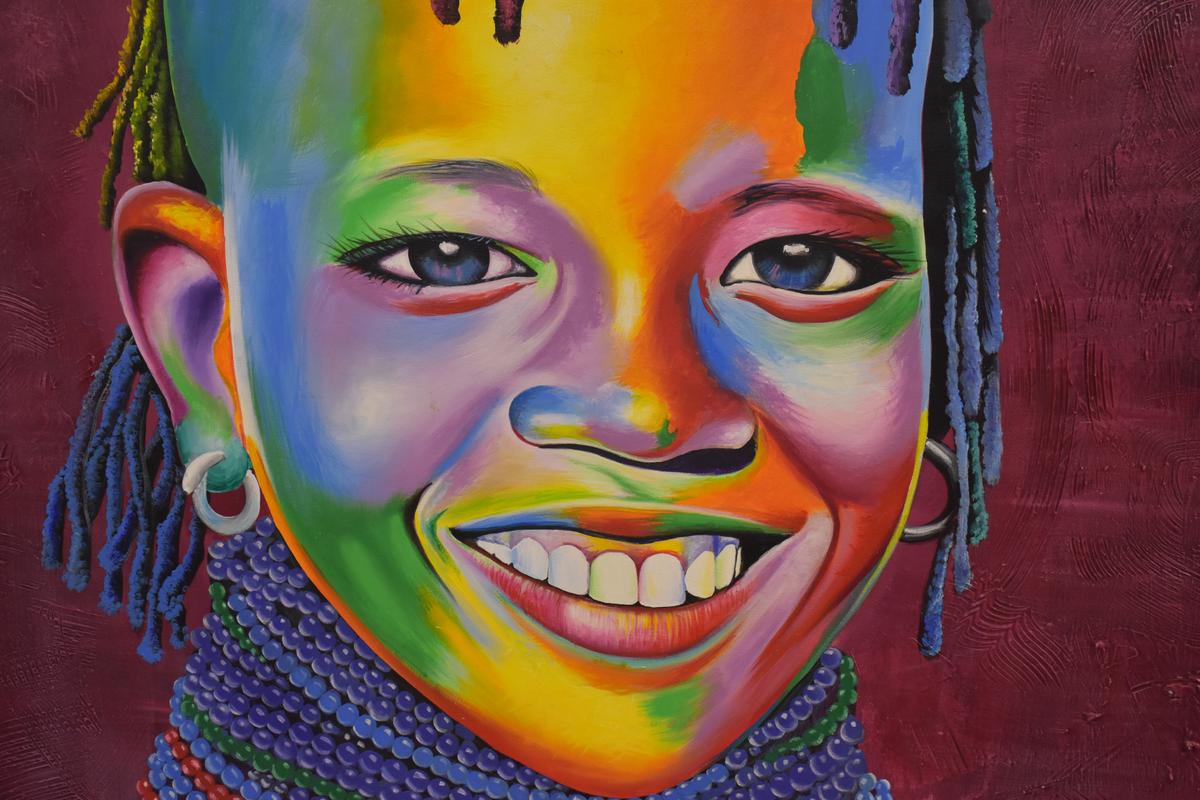African Adventure 3
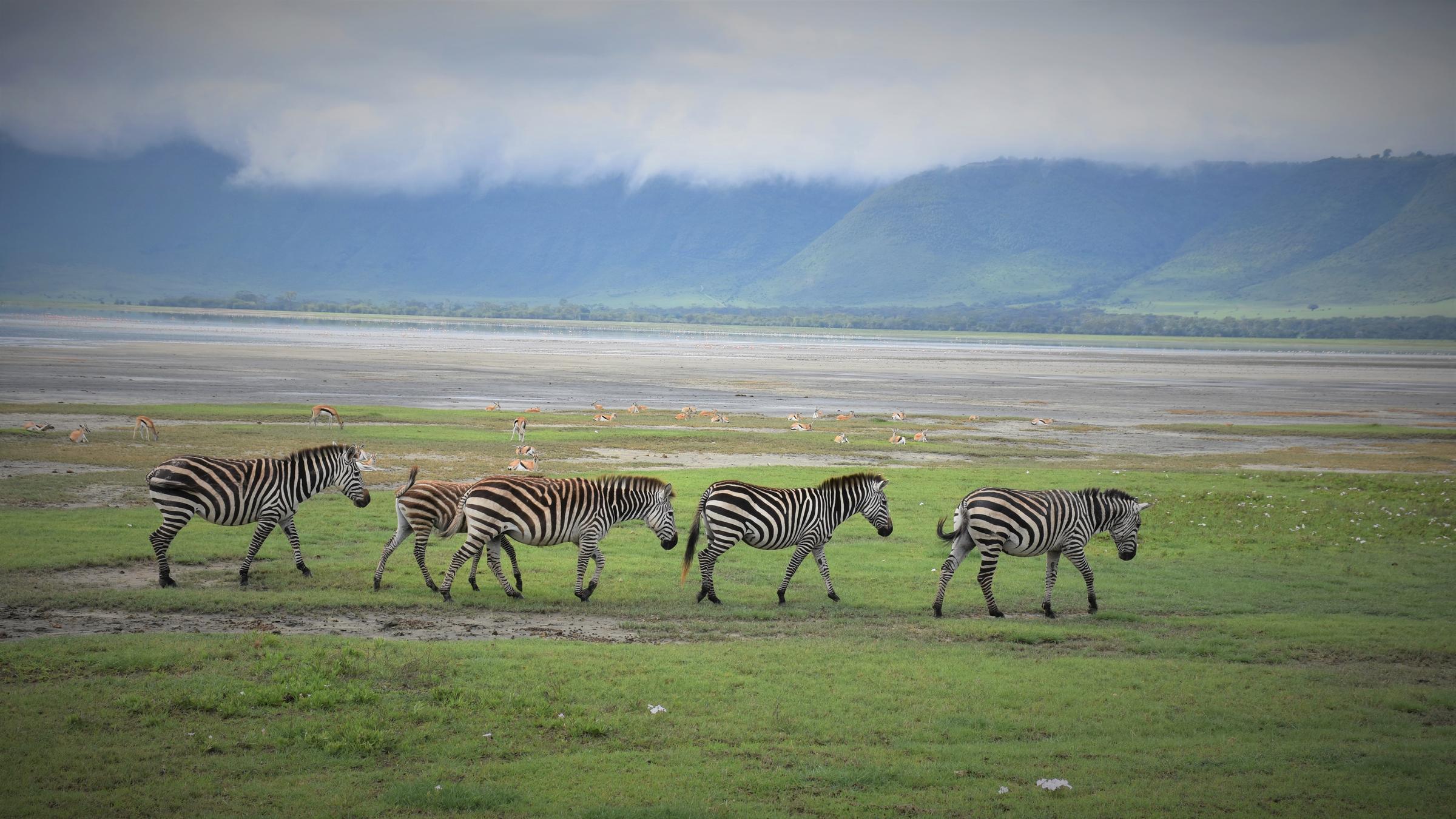
In November 2019 our third immersion group ventured to Tanzania as an alternative to Schoolies for our Year 12 graduates.
It's a busy time for the Year 12's. They graduate on the Thursday night and board a plane on the Saturday - this time via Dubai - before landing at the base of Mount Kathmandu and embarking on the adventure of their young lives.
Myself and Sarah Glennen joined 17 students on the trip which immerses them in the local culture with time at The School of St Jude and the Edmund Rice Sinon Secondary School in Arusha, along with a couple of days on safari.
Trinity has natural ties with the Edmund Rice campus through the Christian Brothers and former Trinity Principal Br Clem Barrett was also a Principal at The Sinon Campus in Arusha.
The School of St Jude was started by an Australian woman, Gemma Sisia, and is an incredible success story providing fully-sponsored private education, and for the majority boarding, to around 2,000 children from backgrounds of extreme poverty. You may have seen her on 60 Minutes or Australian Story, or possibly when she visited us here at Trinity early in 2019. Look up The School of St Jude if you want to know more or would like to help.
Both schools are helping to educate Tanzanian children out of poverty in the hope their graduates will support their families and become leaders for their communities.
Preparation for the trip begins early in the year with fundraising and cultural awareness activities and ramps up later in the year with safety briefings, detailed travel planning, teamwork activities and the compulsory immunisations.
The lengthy two-leg flight took the group via Dubai, which was to be in stark contrast to the minimalist surrounds in Tanzania. But what it lacks in modern facilities it more than makes up for in human spirit.
You feel it at the airport, at your accommodation, on the streets, in the markets and most of all at the schools.
The Tanzanian children at both schools were incredibly curious, warm, welcoming and inspirational. They were climbing over our graduates within minutes of meeting them. And they never forget a face or a name - returning later in the week with hand-made gifts and personalised letters.
Their respect for the opportunity of education and each other, their passion for performing and their pure enthusiasm and joy was something to be admired. If you get the chance to visit Tanzania never miss a school assembly!
Our graduates were immediately taken by the respect and gratitude of these children and grappled with the question of how we could instill those ingredients to a greater extent in our own youth in a country where we have access to more than enough.
These children arrive at school early, form small teams and thoroughly clean designated areas before they are allowed to play. It is a military-like operation, but when it comes time to play they play hard and the whole school ground buzzes.
That enthusiasm carries into the classrooms and pride in performance is obvious.
In stark contrast, it was confronting to visit one room homes with the students and try to comprehend how families are able to cope with all their belongings and fundamental needs provided for in one shared space. Often this can be without power, running water or even windows and in the two homes I visited, it was single mothers trying to provide and survive.
Whilst we arrived at these homes in small groups with much needed care packs, we were torn between accepting amazing hospitality or risking offending these people by refusing sweet ginger tea and peanuts, knowing that they needed these items far more than we did.
It was humbling to be welcomed inside, to hear their stories and to gain an appreciation of hardship on a scale we will rarely encounter.
Small business in Tanzania is exactly that - small business. The roadsides are one huge market in themselves and survival depends on the ability to do trade primarily with other locals in some small way.
Despite all of this, the resilience of these people is incredible in what we would all consider extremely harsh conditions. Their generosity and spirit is unforgettable.
To witness their culture and be exposed to some of their customs as a small party of guests is a unique experience.
Tanzania is far more tropical than expected and it is hot, noisy, busy, colourful, primitive, beautiful and a complete assault on your senses.
And while the opportunity to go out on safari and see nature at its finest was everything our group hoped it would be, the one thing that would take us all back to Africa is the people.
For a significant part of our trip we were hosted by the visitor team at The School of St Jude. They are amazing people and the school loves visitors if you ever go to the area.
I want to share just one story of a young man who hosted us and whom we all bonded with immediately to give some sense of the strength of the people.
Rickson is a graduate of St Jude's and was university-bound, but his job last year was to host visitors to the school and show them everything from life in the classroom to street markets, villages, restaurants and anything else we had time to see.
I should have known Rickson had a tough childhood because you have to be very poor and very bright to get into the school, but it was masked by a massive smile and the energy of a dancer to rival Michael Jackson.
Late in our time at St Jude's I was asking questions about how the kids view their situation - do they see themselves as poor and disadvantaged because on the surface they are always smiling and laughing?
Rickson told me his story to provide some context. He came from a relatively wealthy family, but his father died before he was born leaving a single mum with little to no income to raise two boys. They struggled from that point onwards.
Rickson passed an entrance exam and a poverty test at St Jude's and took some time to settle, but did well in school. He was being well-educated and well-fed and this took pressure off his family.
Mid-way through his schooling his mother died and his grandmother took over as the primary carer. In his final year of schooling his grandmother passed away, leaving Rickson and his brother to care for themselves as young adults.
There were other family complications that made his situation more complex.
He could see that I was affected by his story, but his message was simple and direct - he felt lucky. Lucky to get into St Jude's, lucky to have a job meeting international visitors, lucky to be going to university, lucky to be able to live with his brother in his grandmother's government-owned low rent apartment, lucky to be able to go dancing with his friends.
He believed the young children following in his footsteps felt lucky to be getting a good education and that they all knew someone in a worse position than themselves.
On the surface of it, being lucky in Australia means something far different - you've won Tattslotto or you come from a family with a massive home or property, nice cars and maybe a beach house as well. But if you strip it back it possibly means much the same as what Rickson was pointing out - you're healthy, you're safe, you have good family and friends around you, you have opportunities.
I've never met someone so young who is so grateful and well-grounded with such a grasp of what he knows is important.
Our group had incredible difficulty in parting with our hosts, who went out of their way to make us feel secure, to immerse us in their world and to help bridge the understanding gap between cultures. Their willingness to share their stories, challenge our beliefs and include us created an instant bond - in much the same way as the small children had.
Tanzanians are natural performers so be prepared to be challenged to respond. We were fortunate to have some great singers in our group and we pushed them forward when needed. Other than that, we took our medicine in tug-o-war, athletics and ball sports. We didn't try to compete in dancing.
The trip itself went extremely smoothly thanks to our generous hosts and a respectful group of graduates, who very quickly adapted to living together in close quarters, relying on each other and working as a team.
It was a privilege for myself and Sarah to have that time with our graduates. They are impressive young people and we can't wait to see what they go on and do, particularly with the added intangible of a more worldly view following their experiences in Tanzania.
These images will give you some sense of the immersion experience, but it's not something you can capture in totality with a camera and a laptop.
It's something you do need to experience for yourself.
Steve O'Dowd
